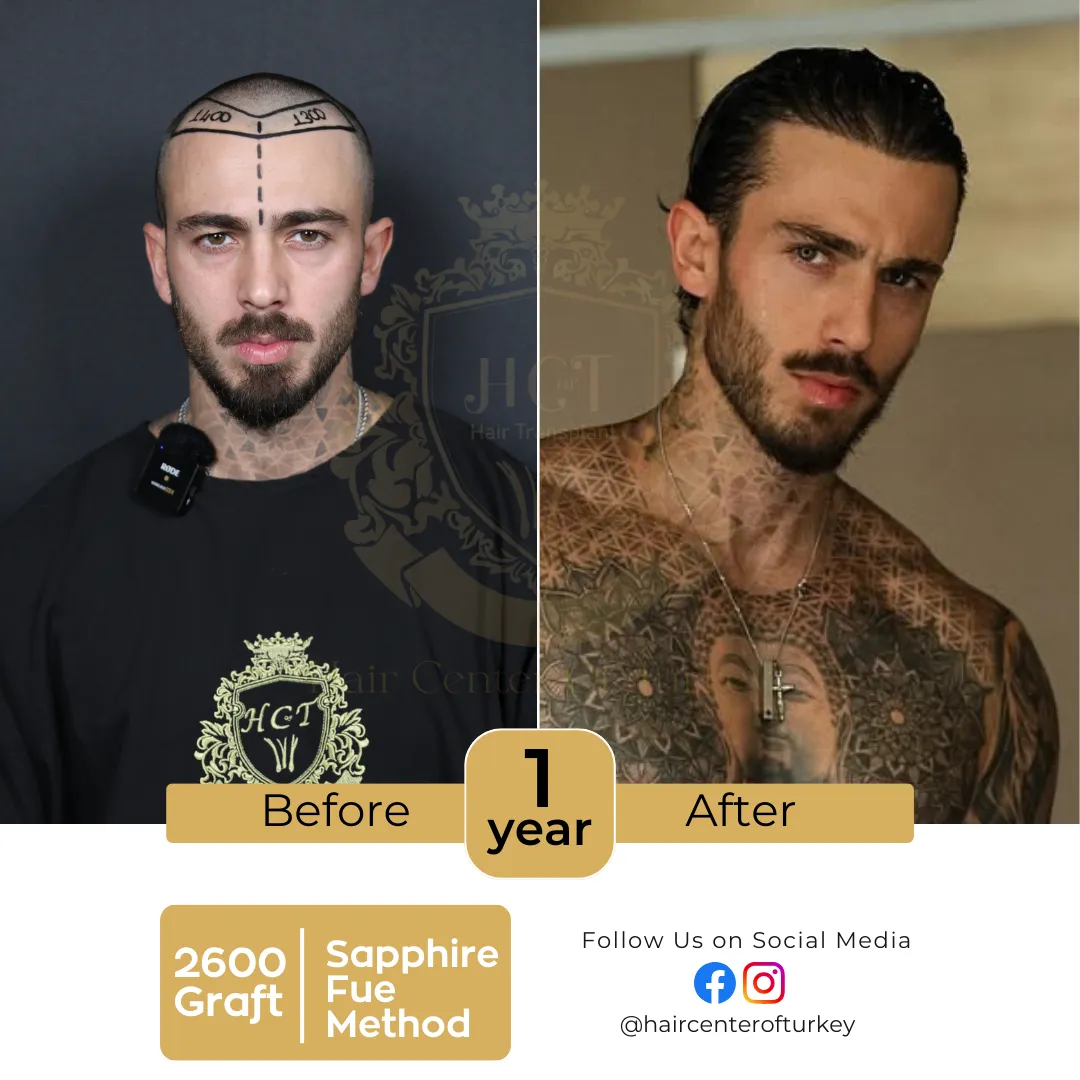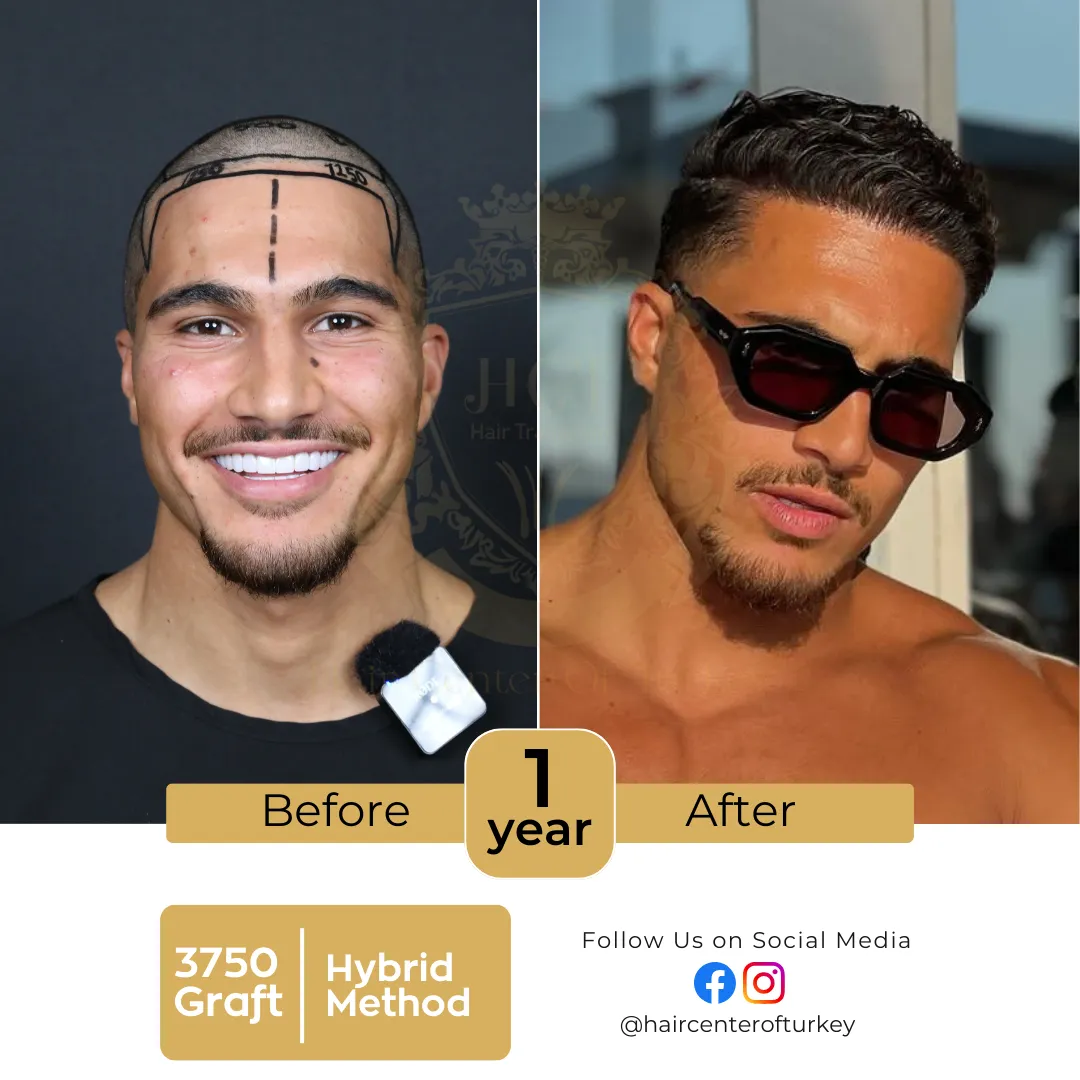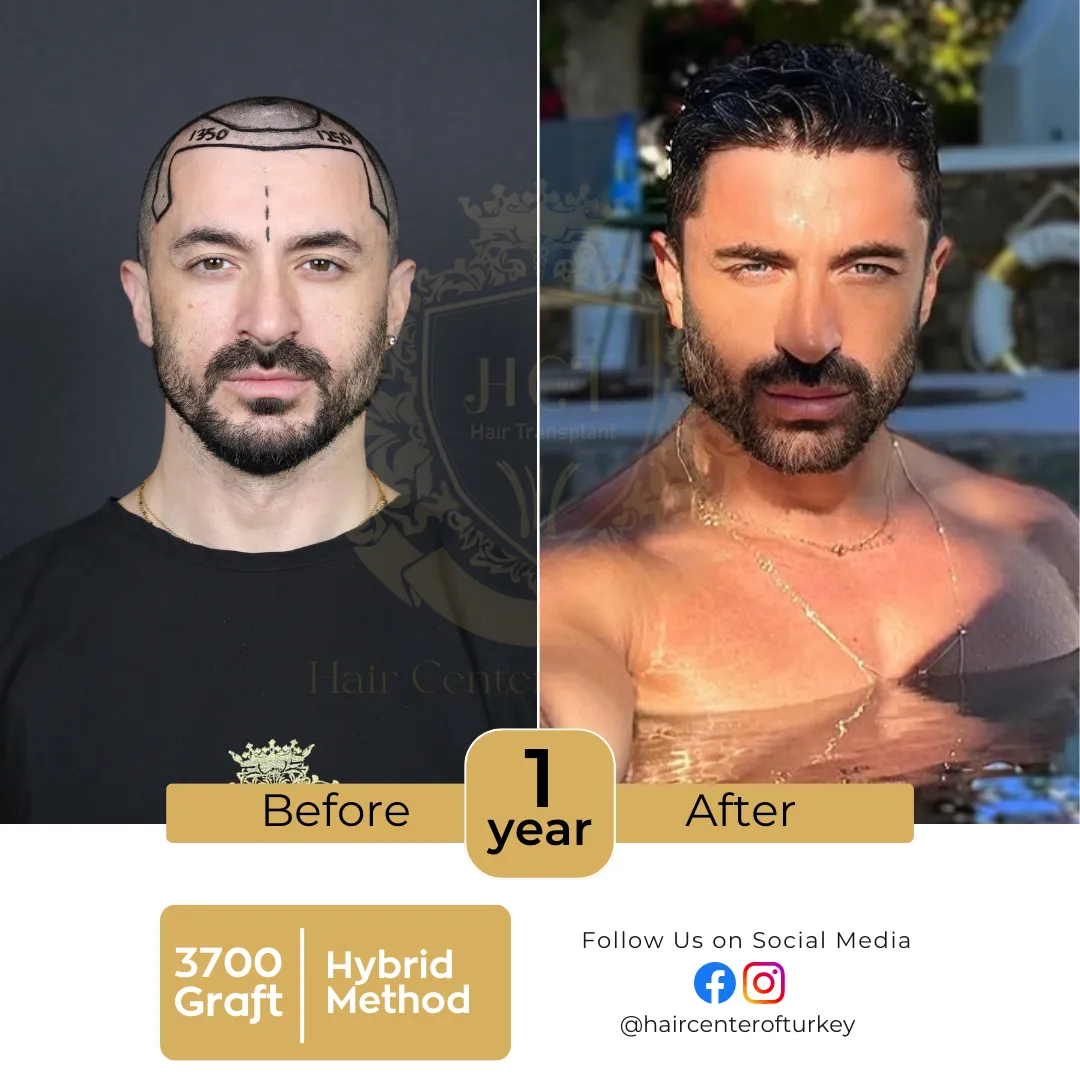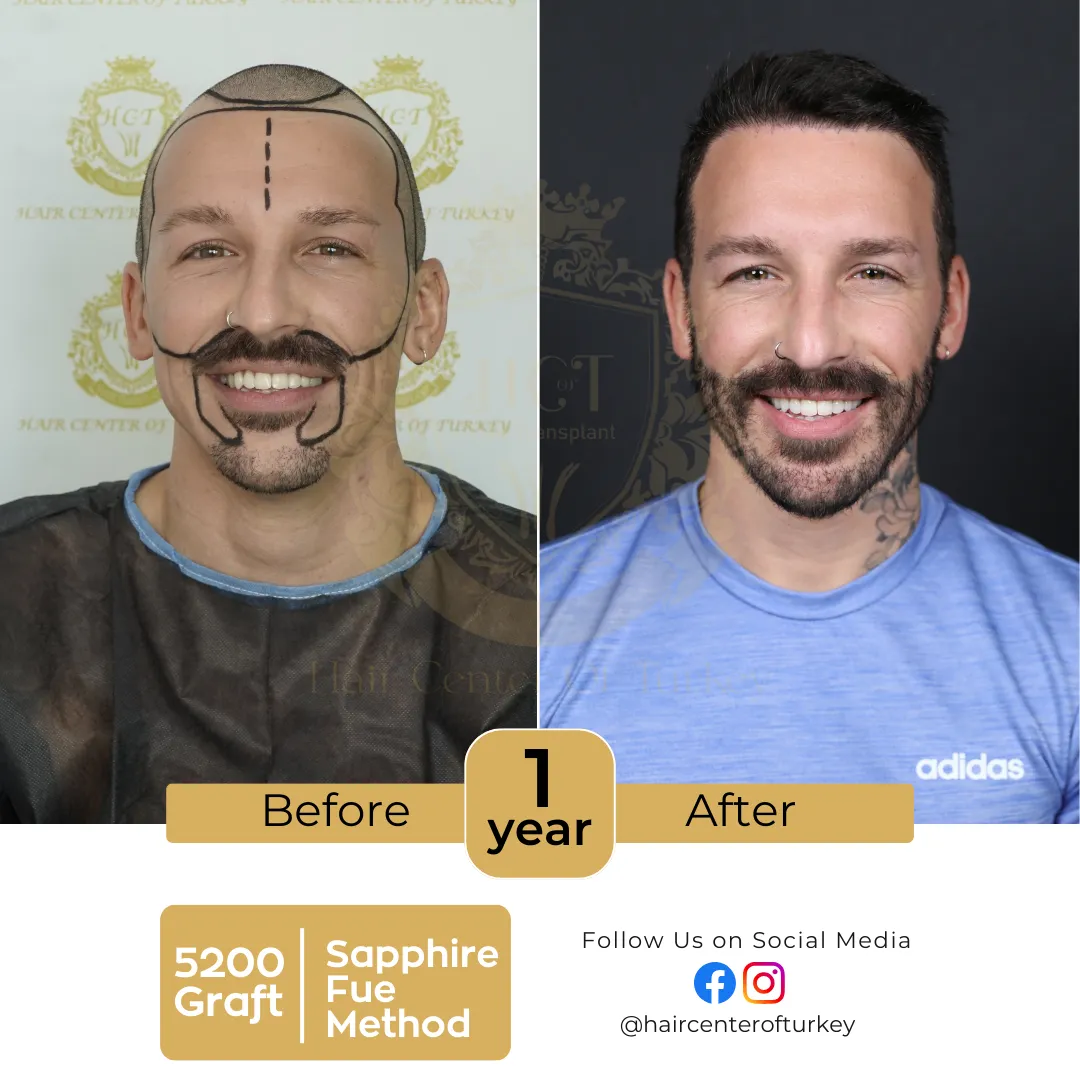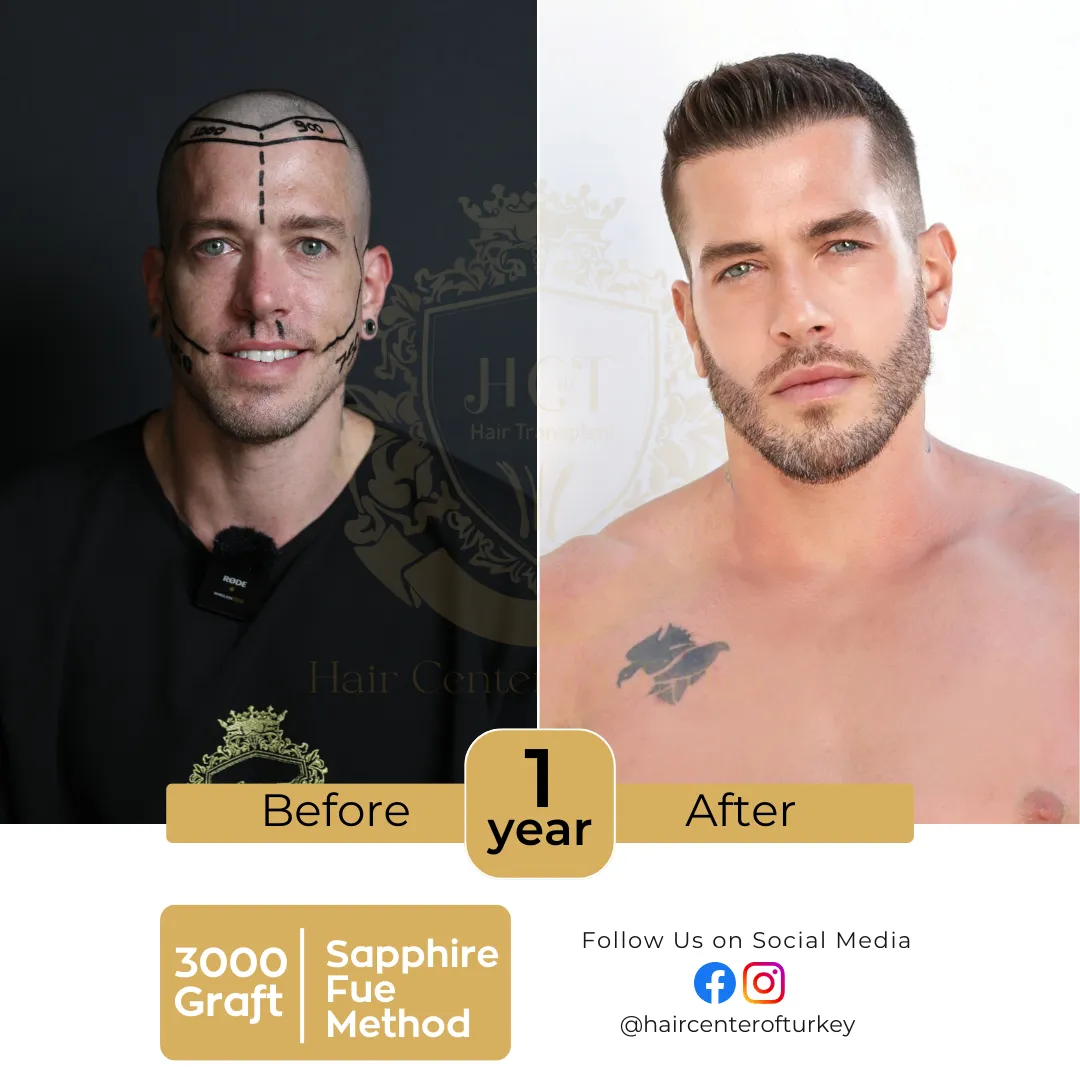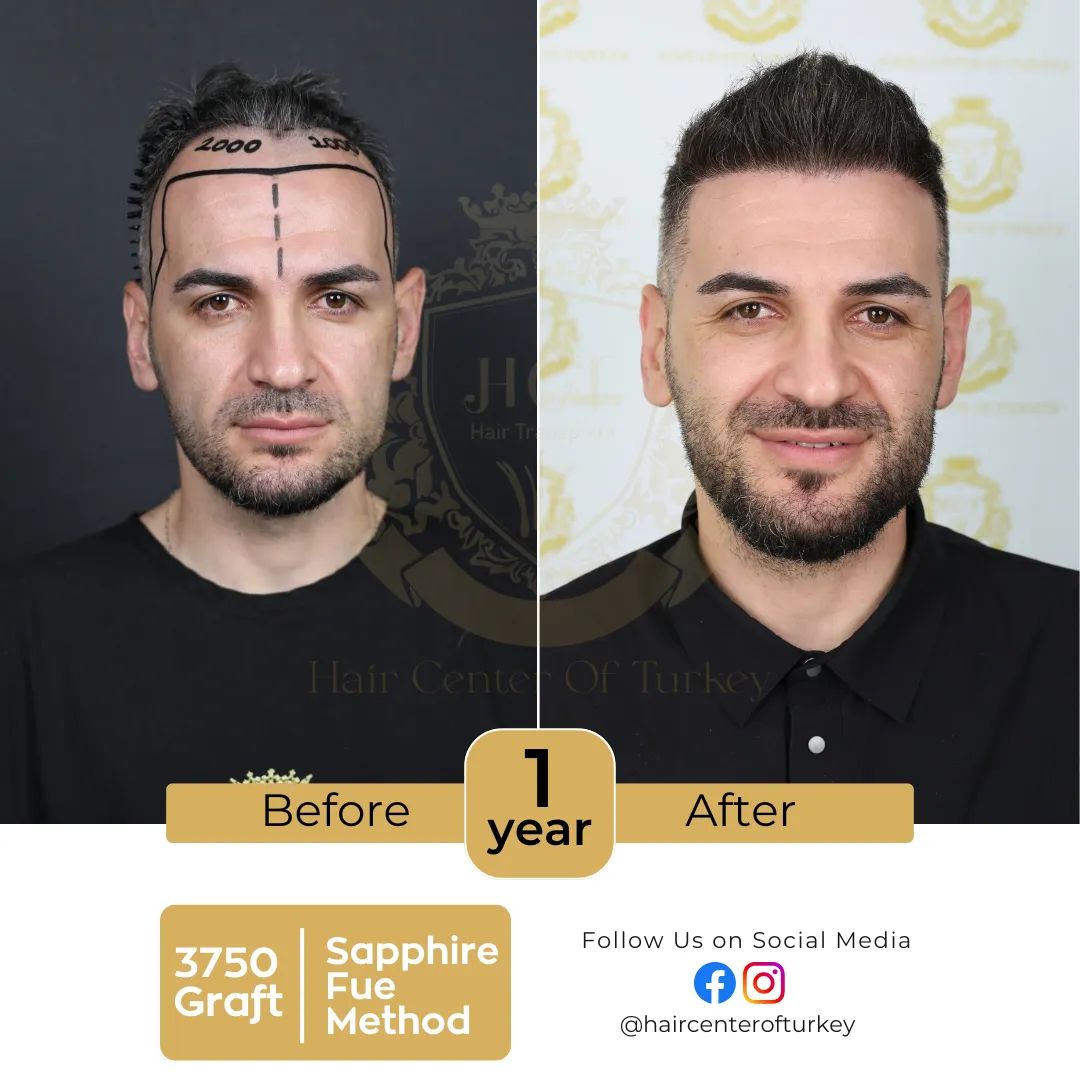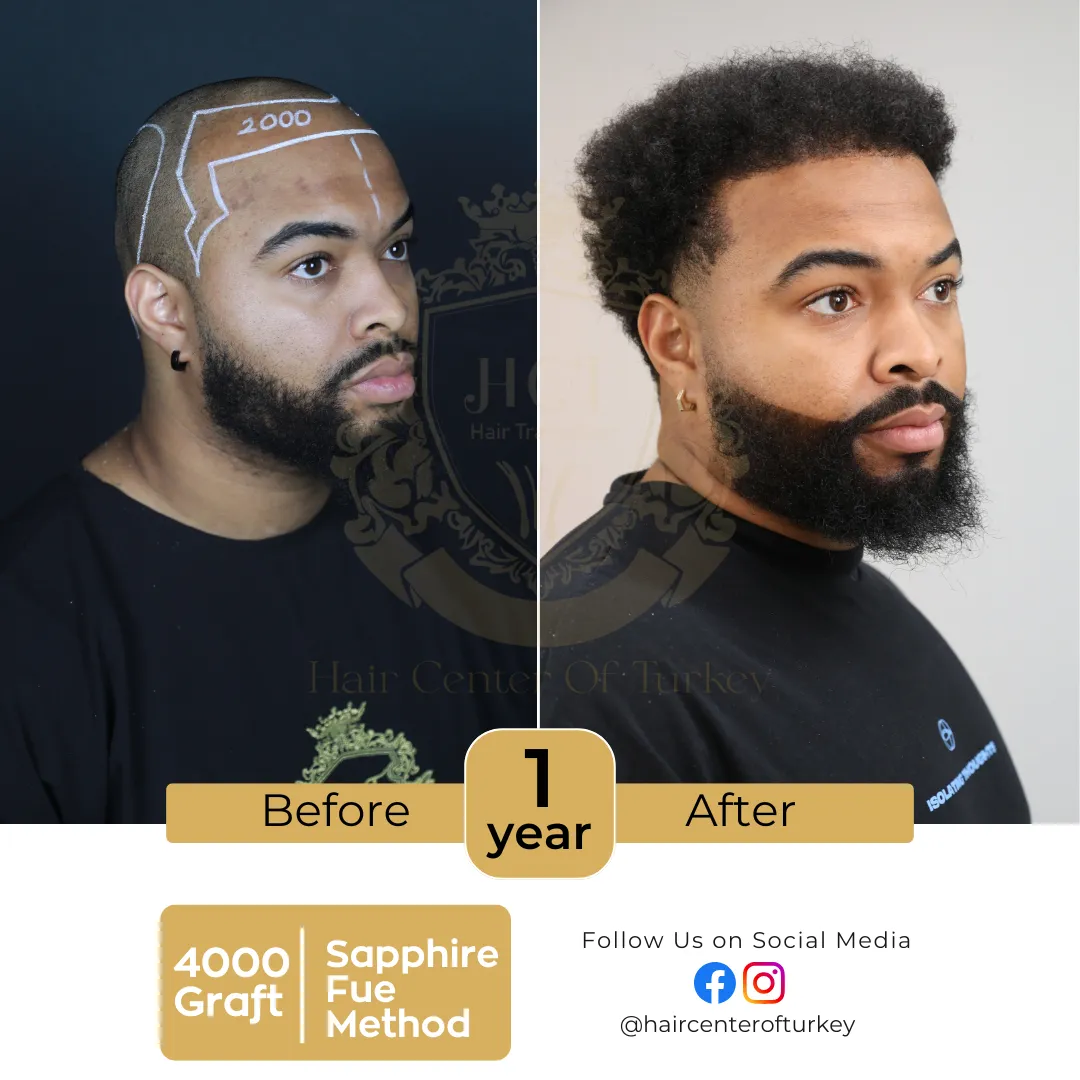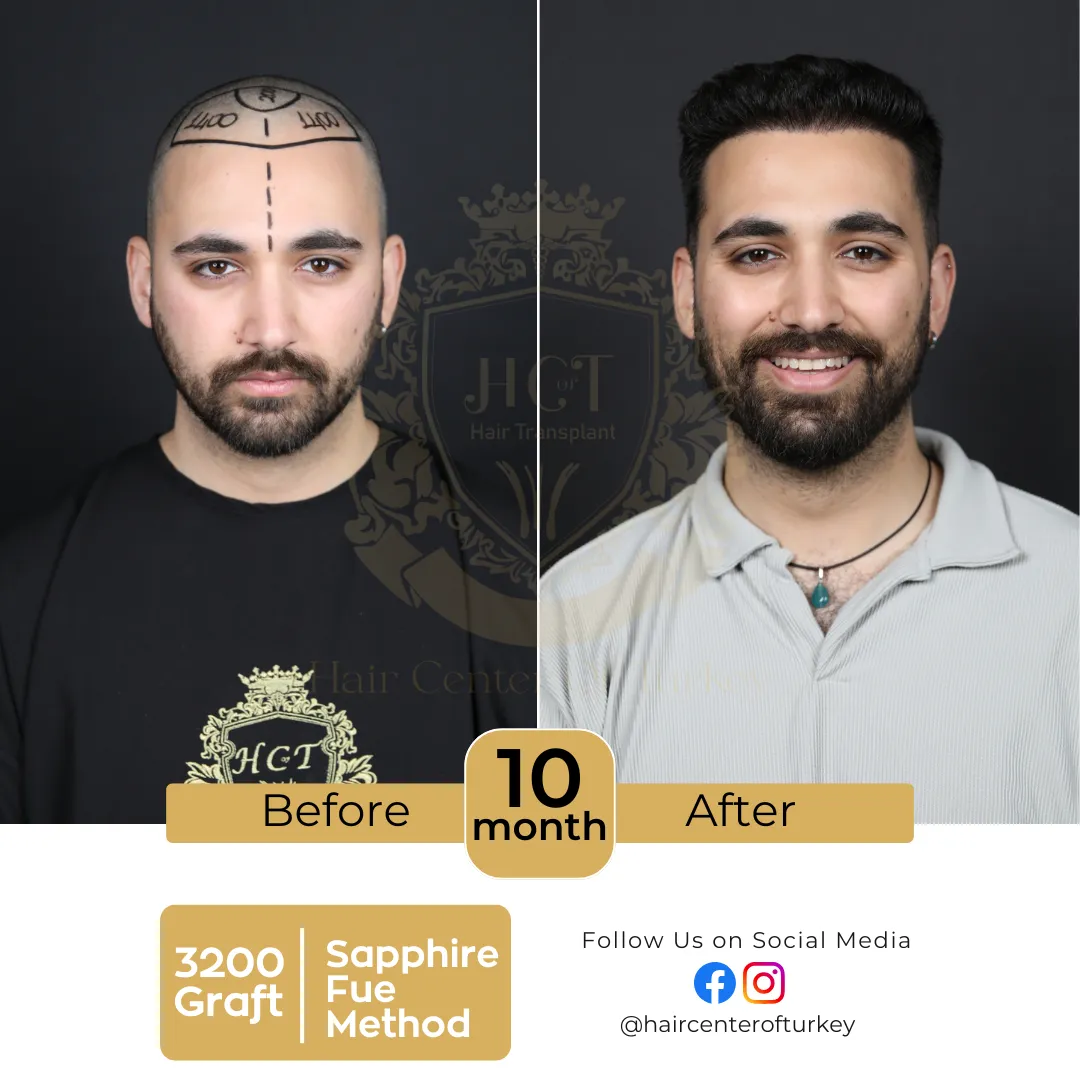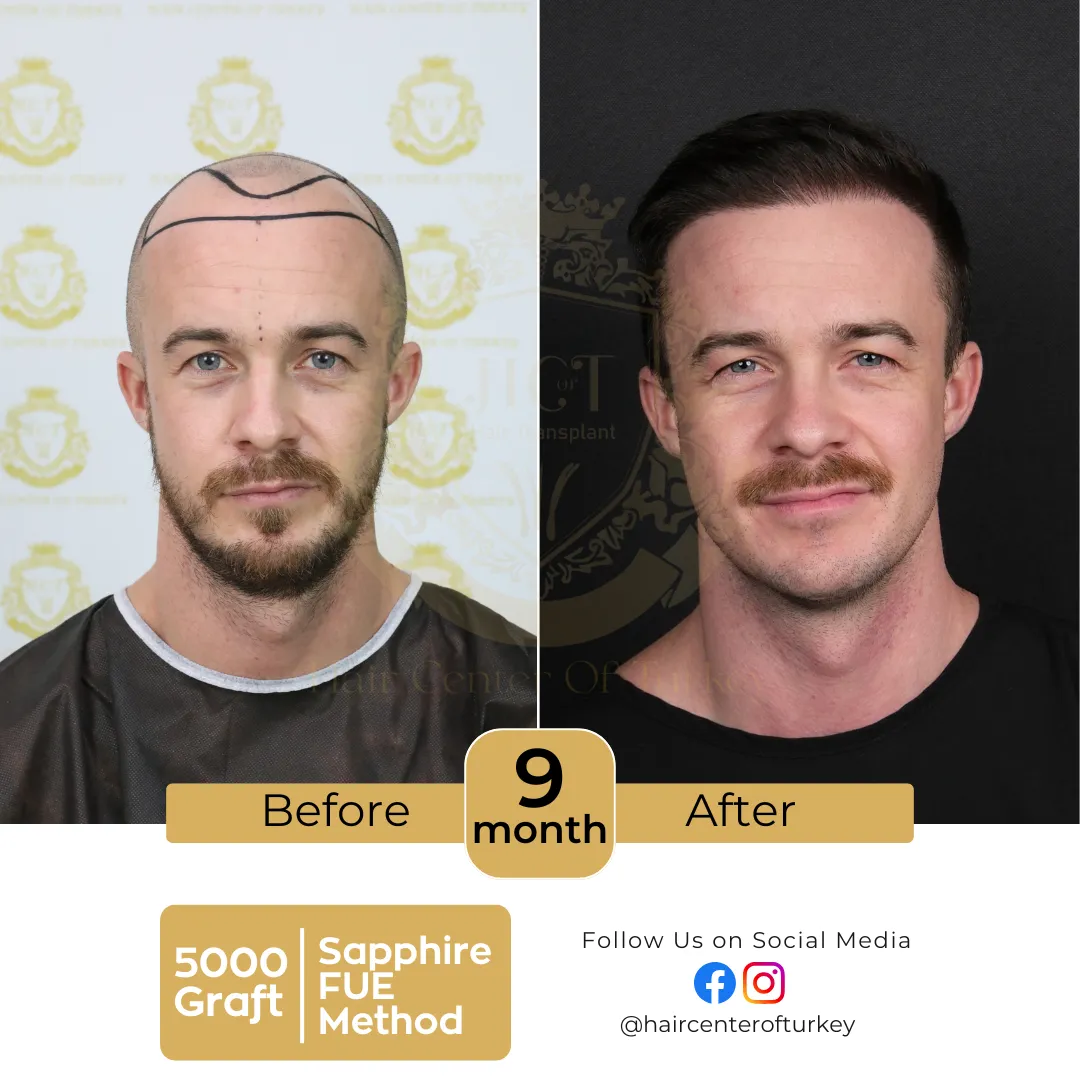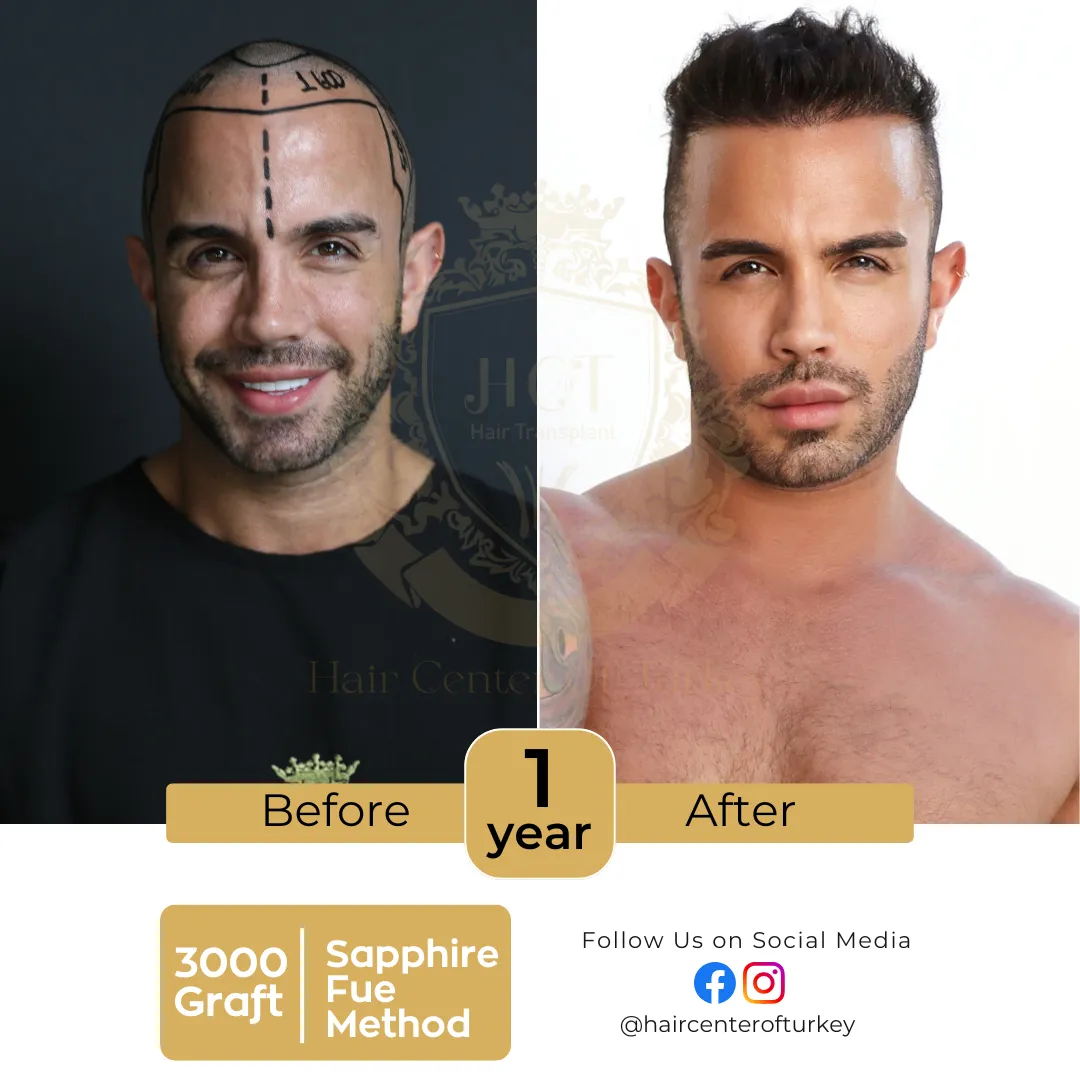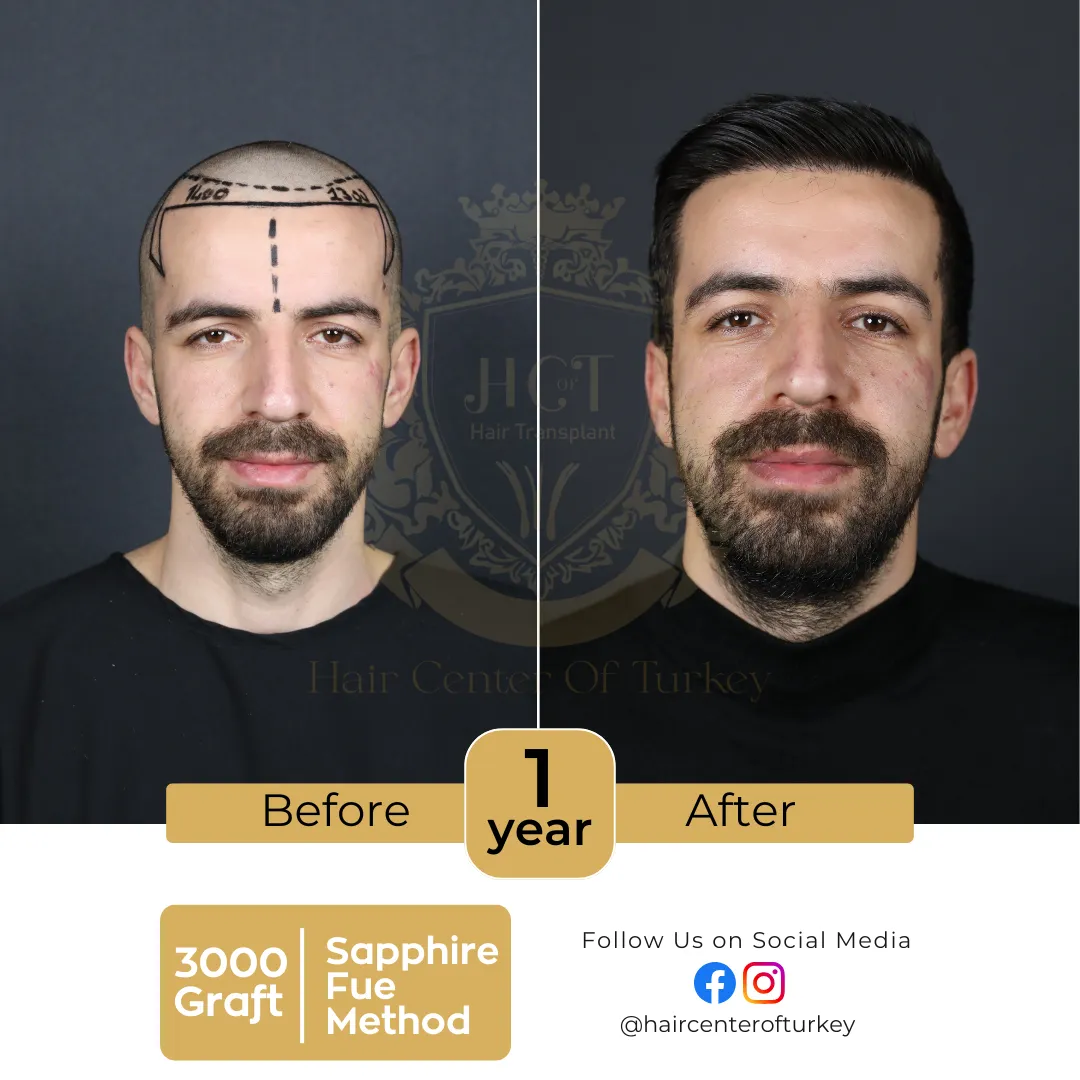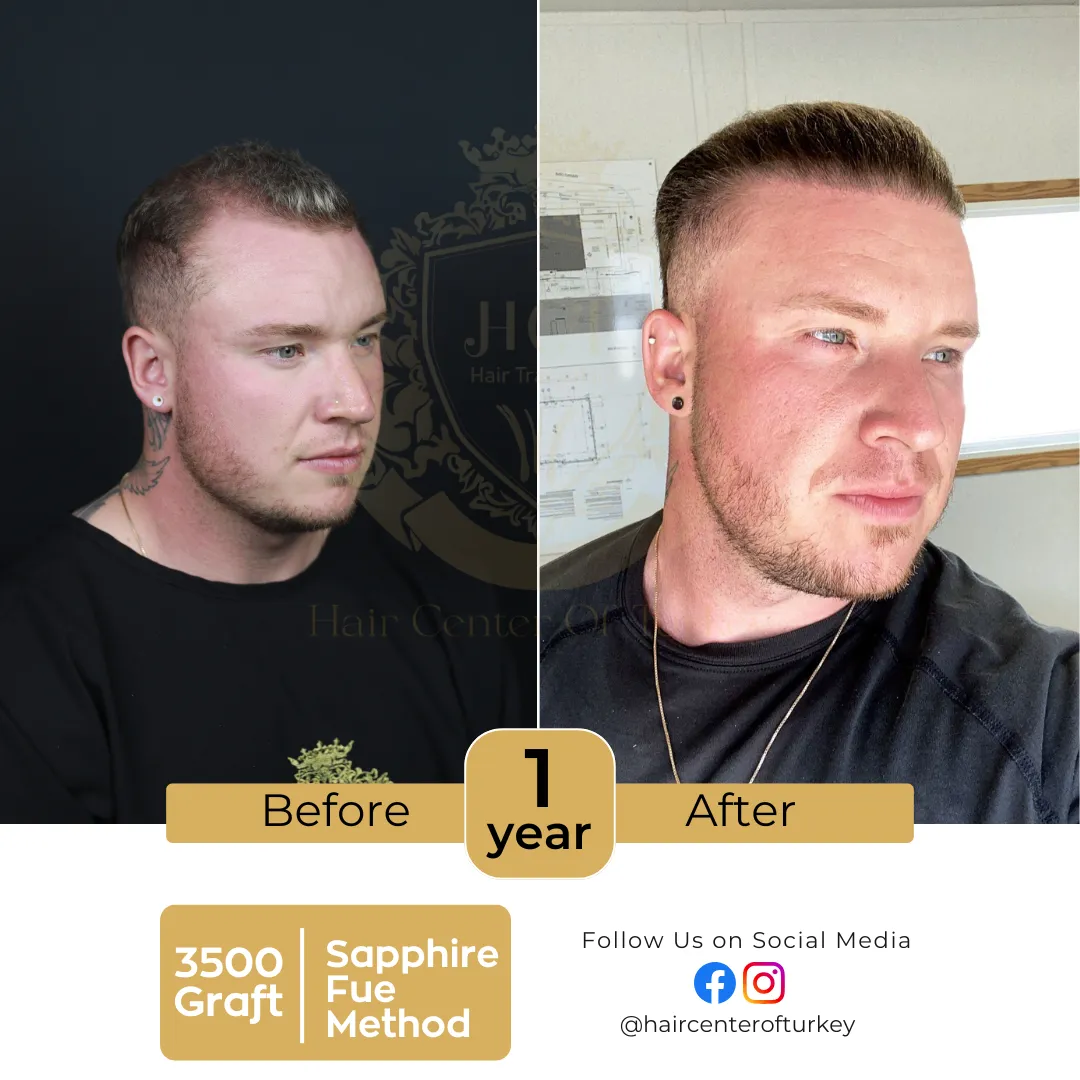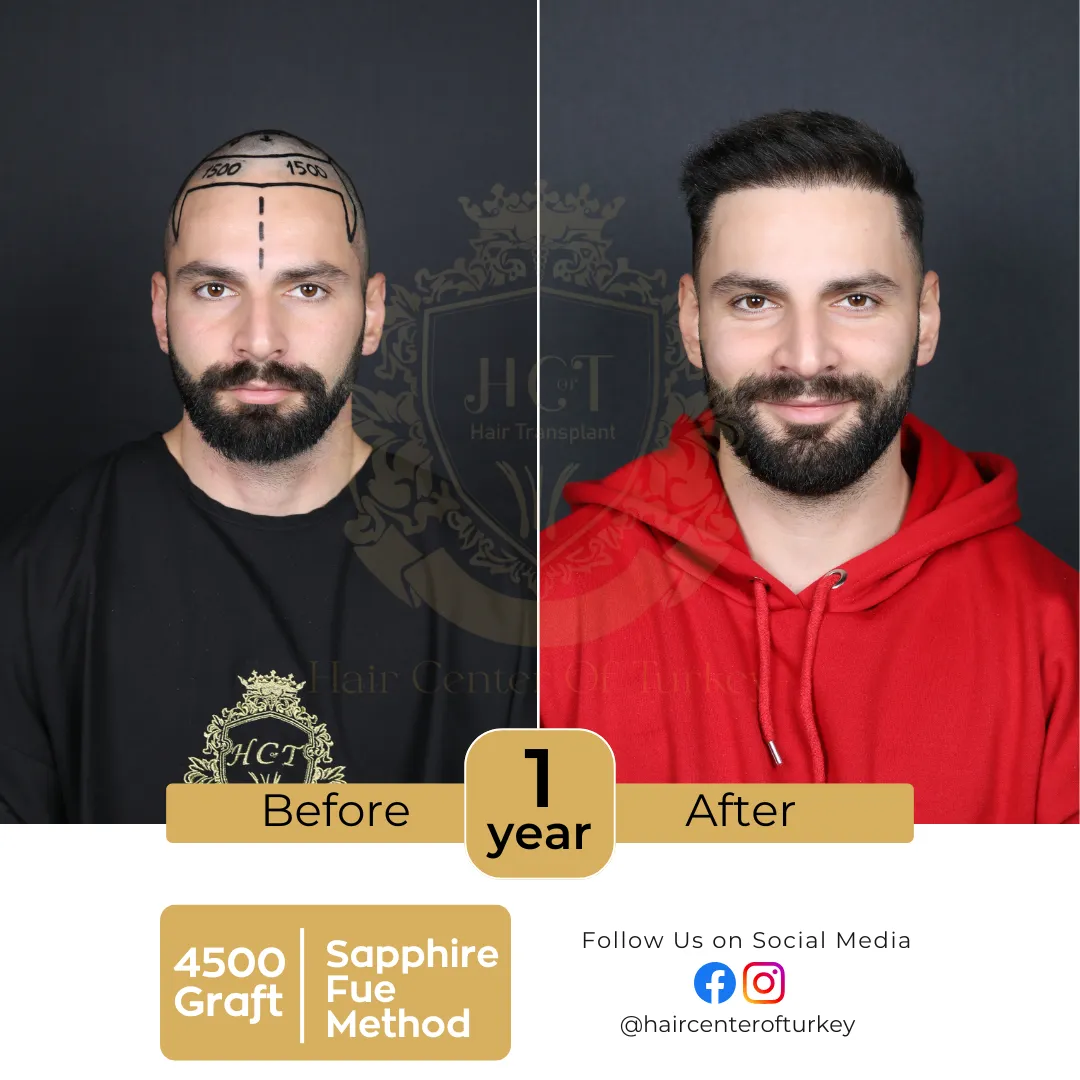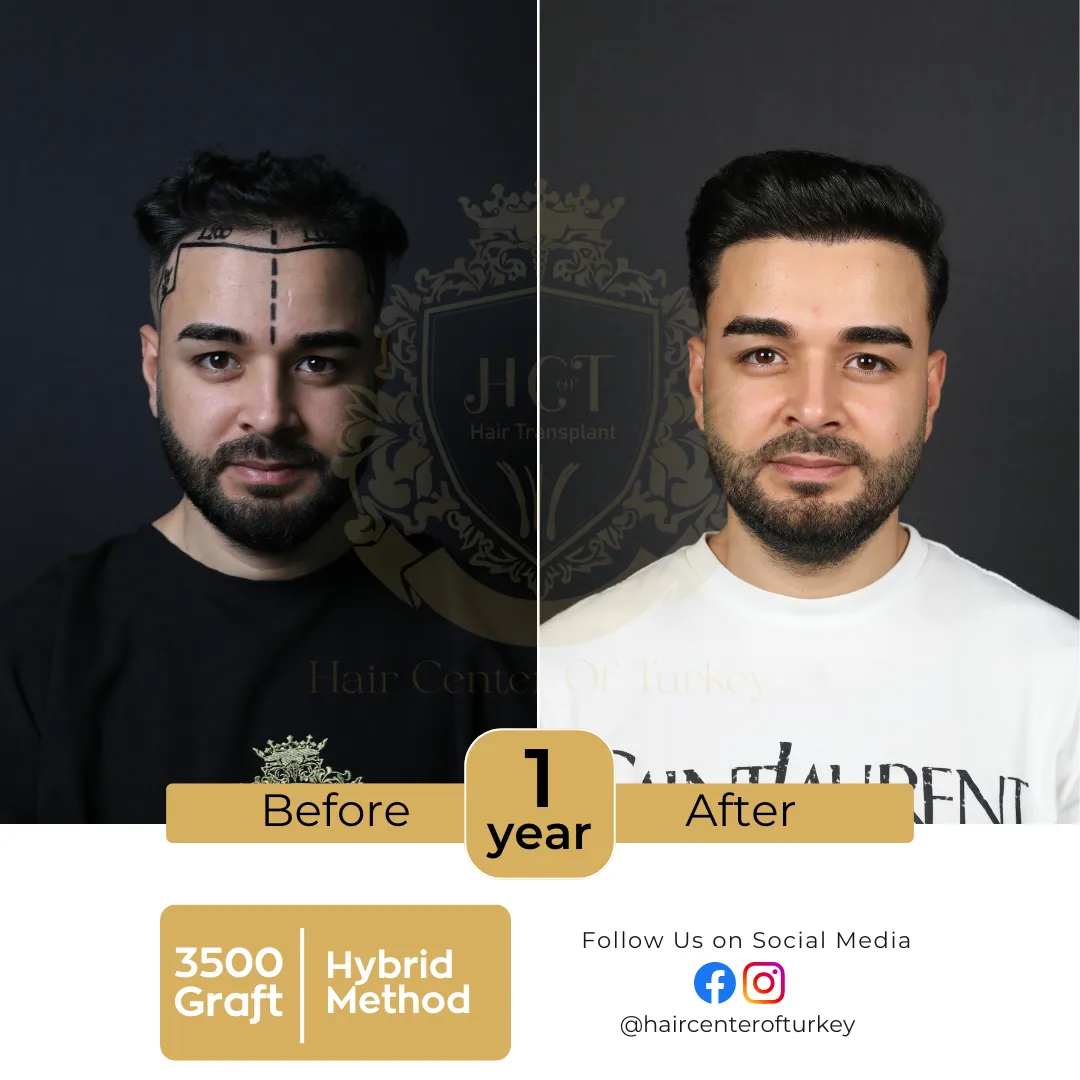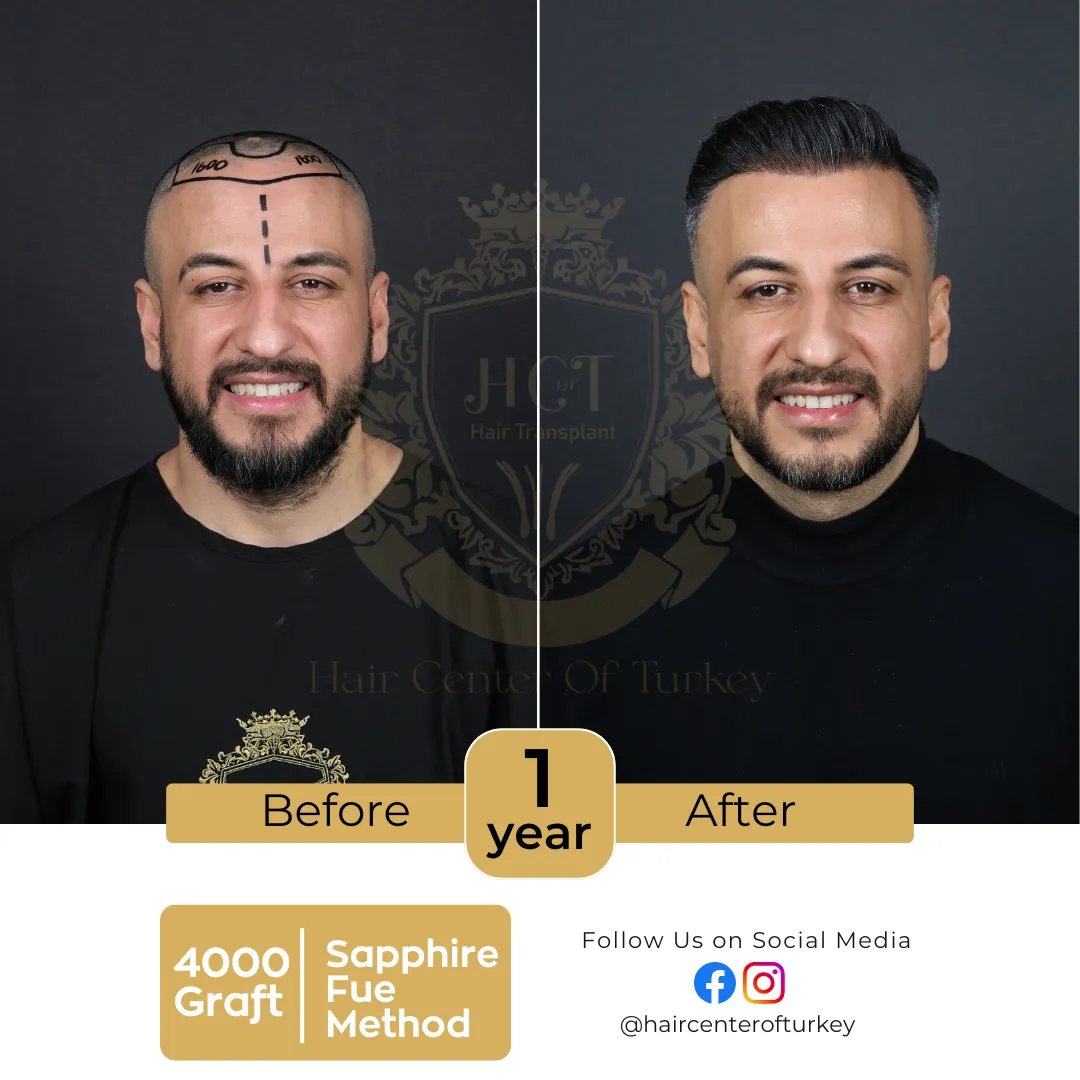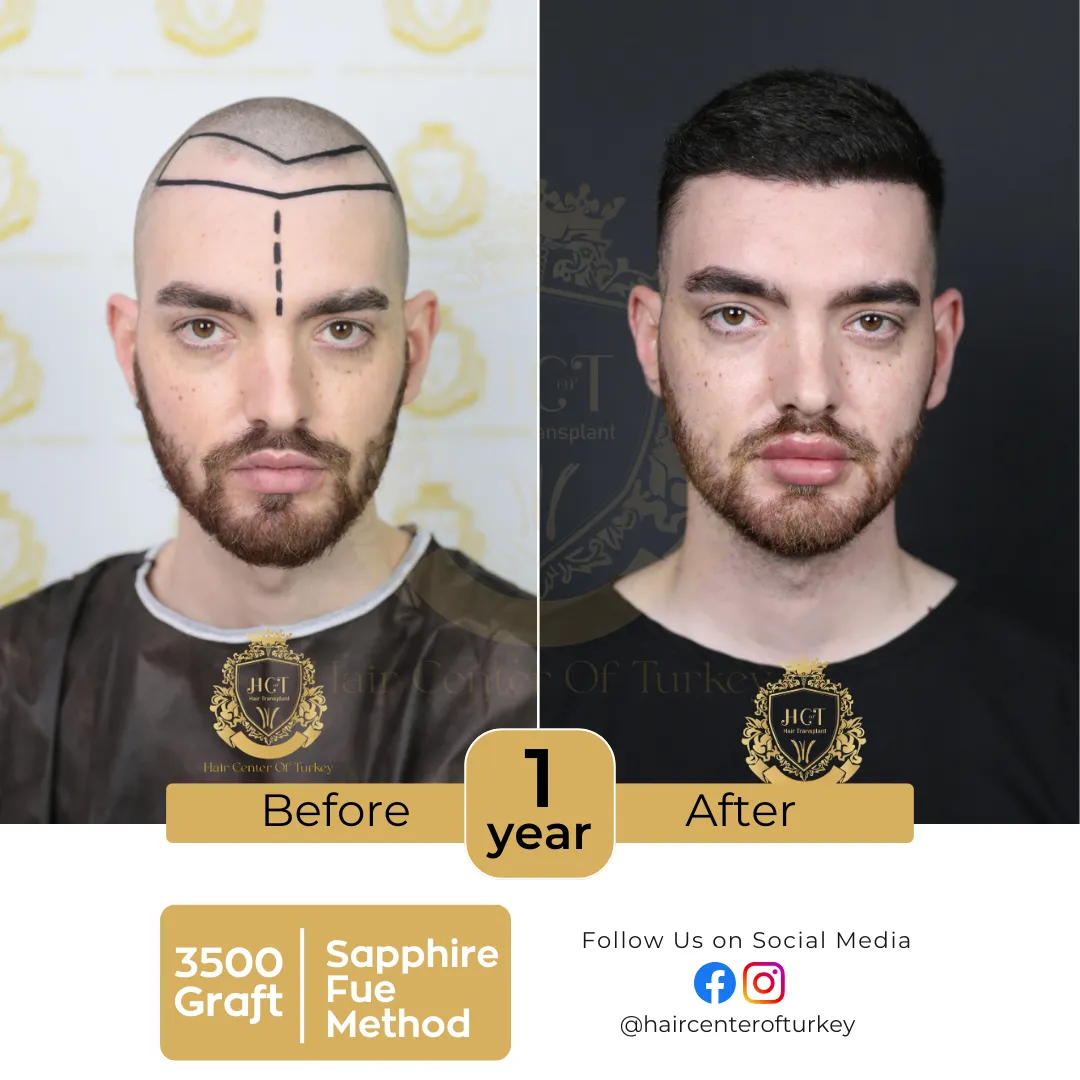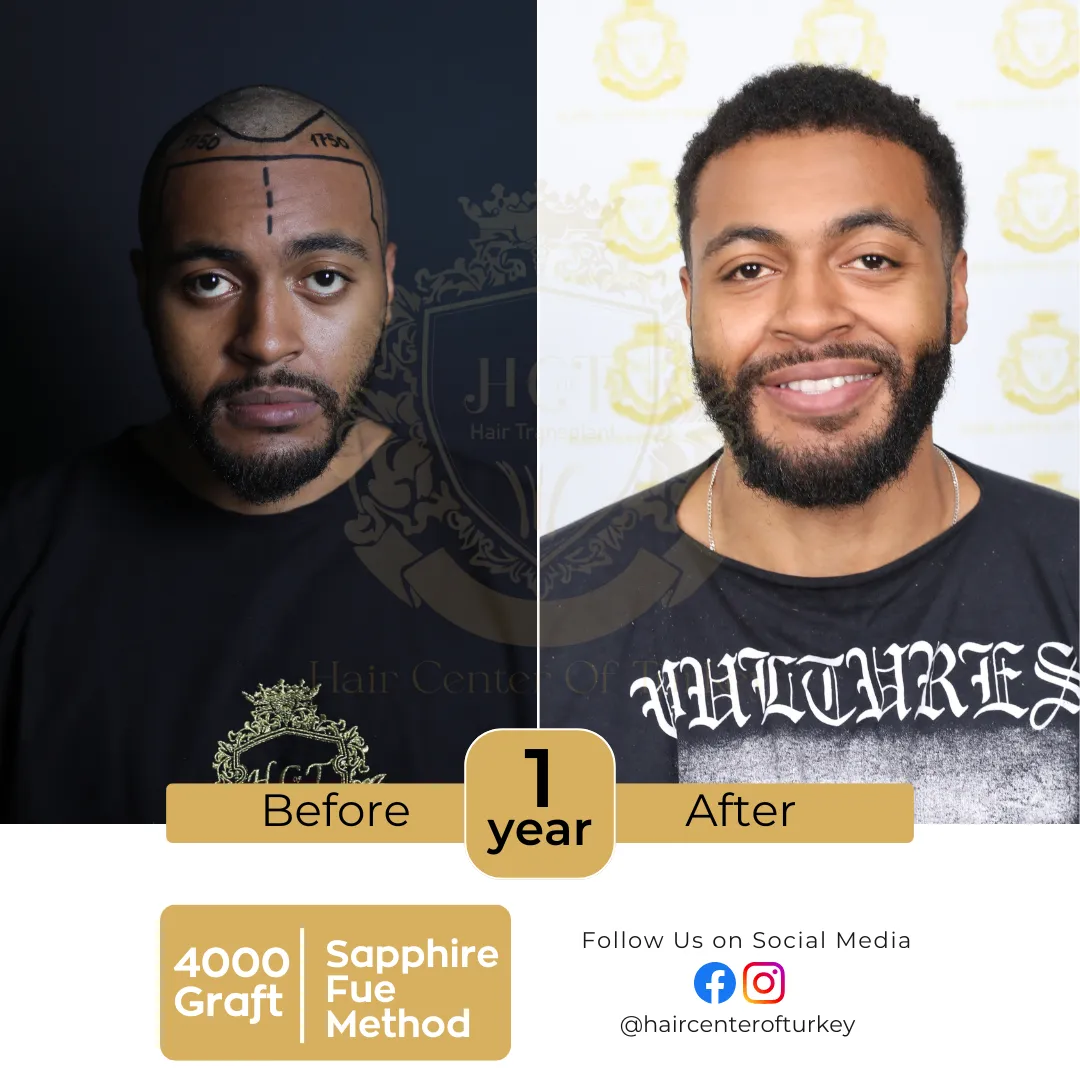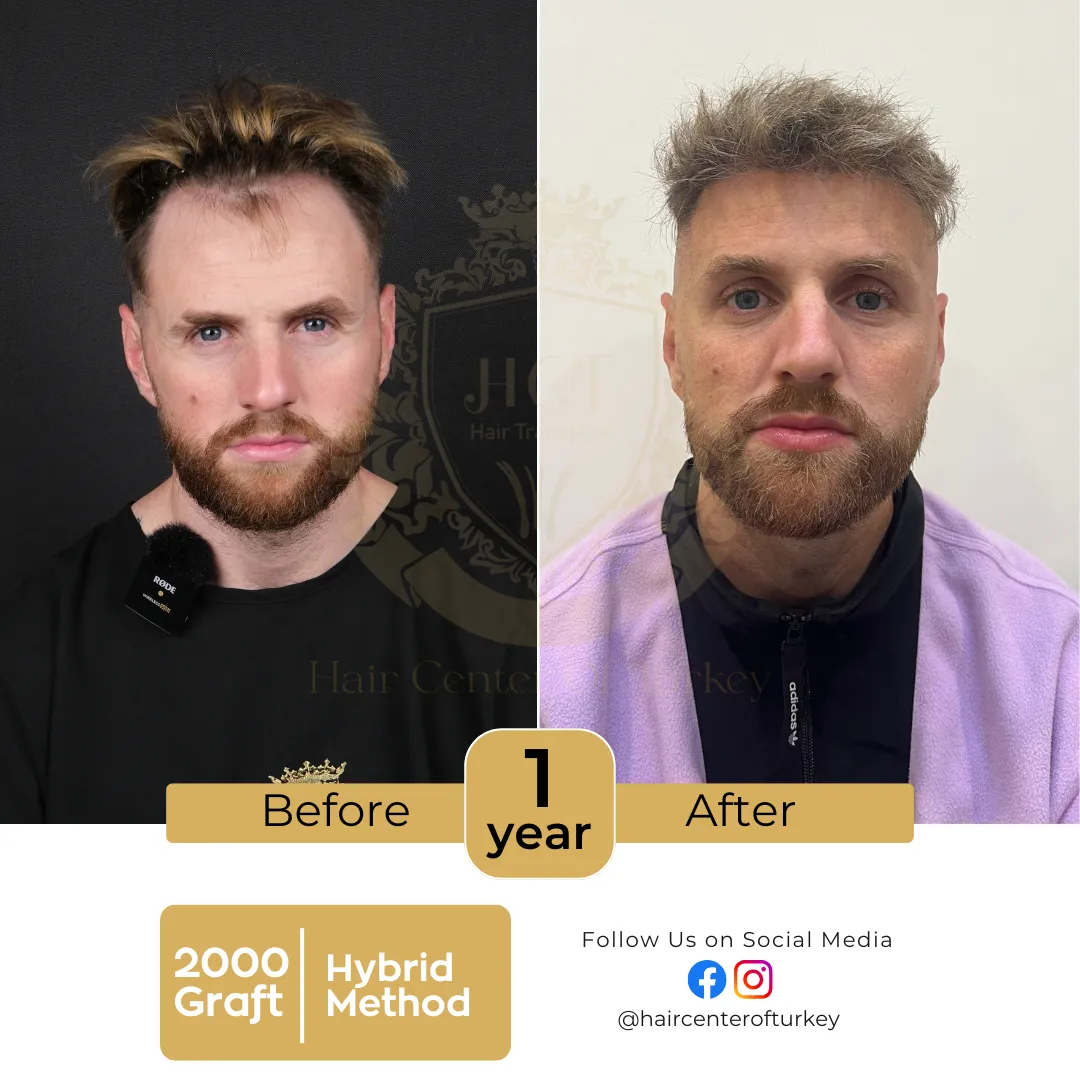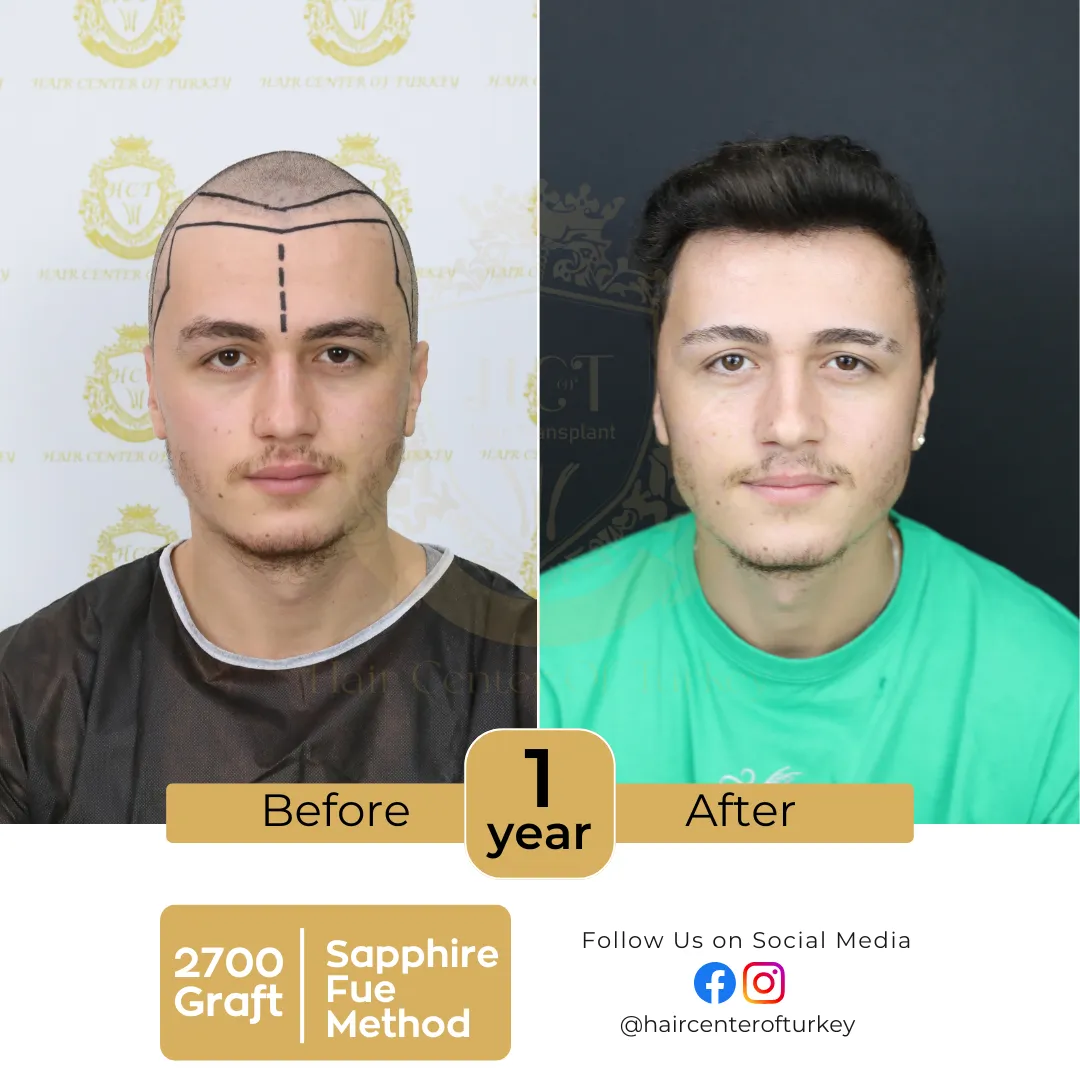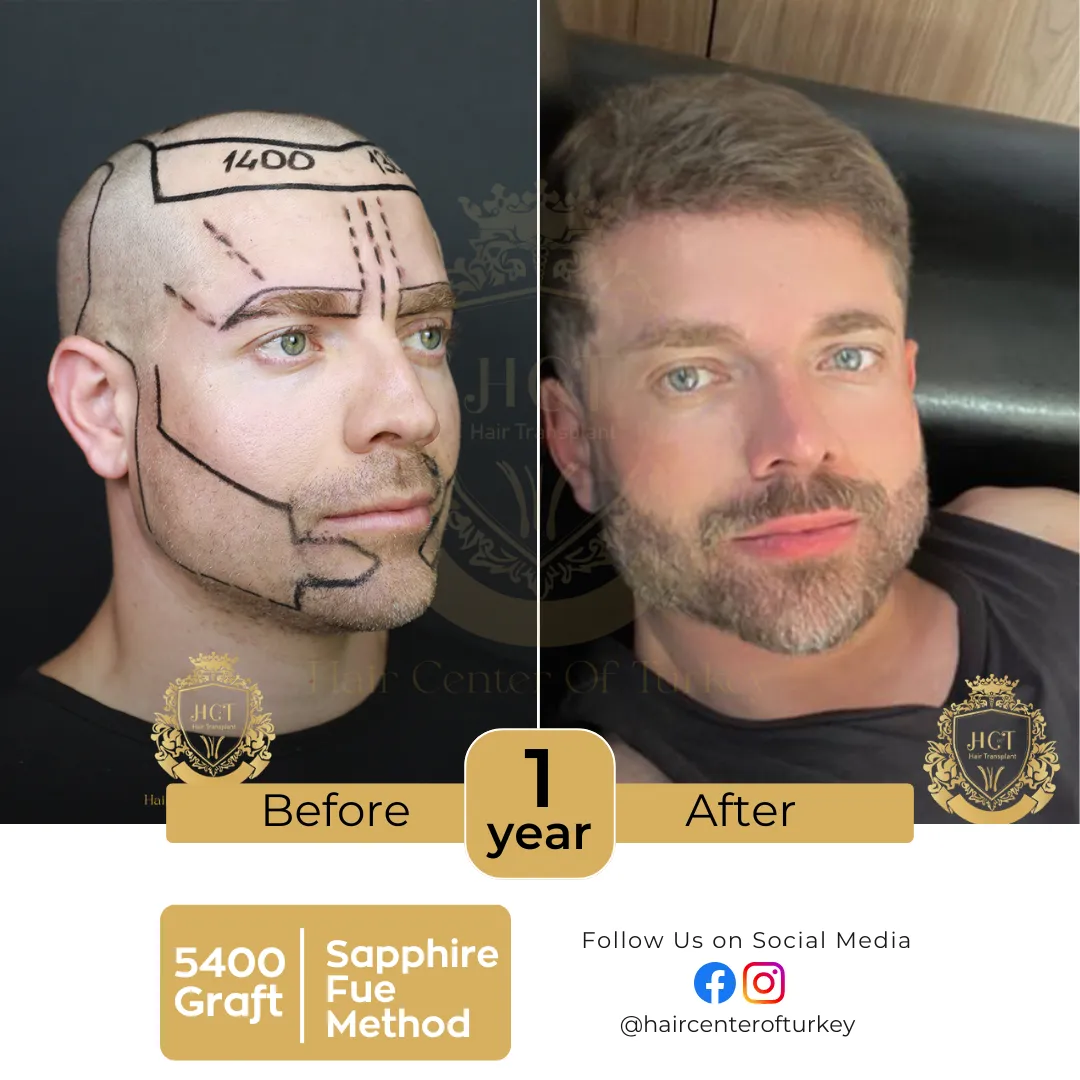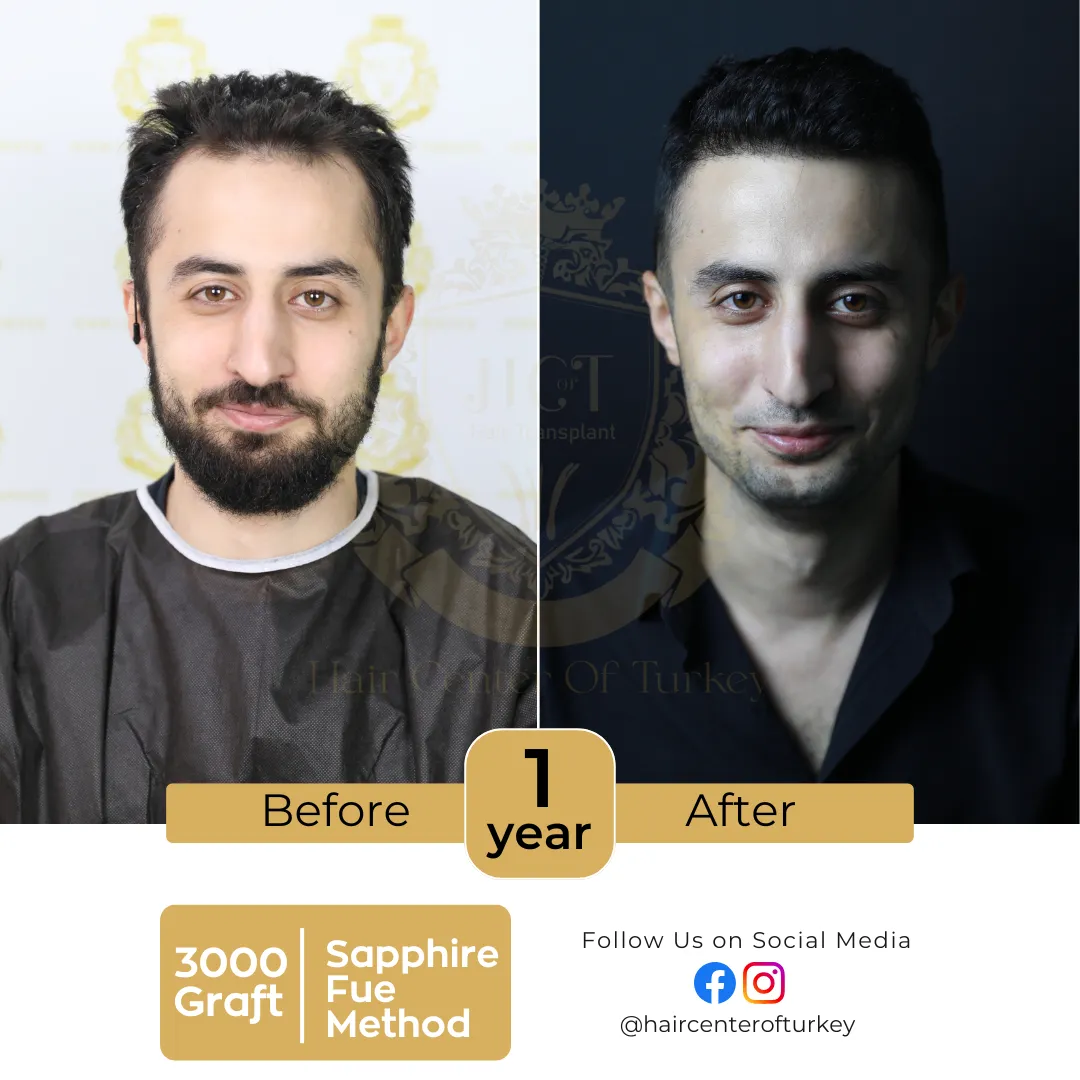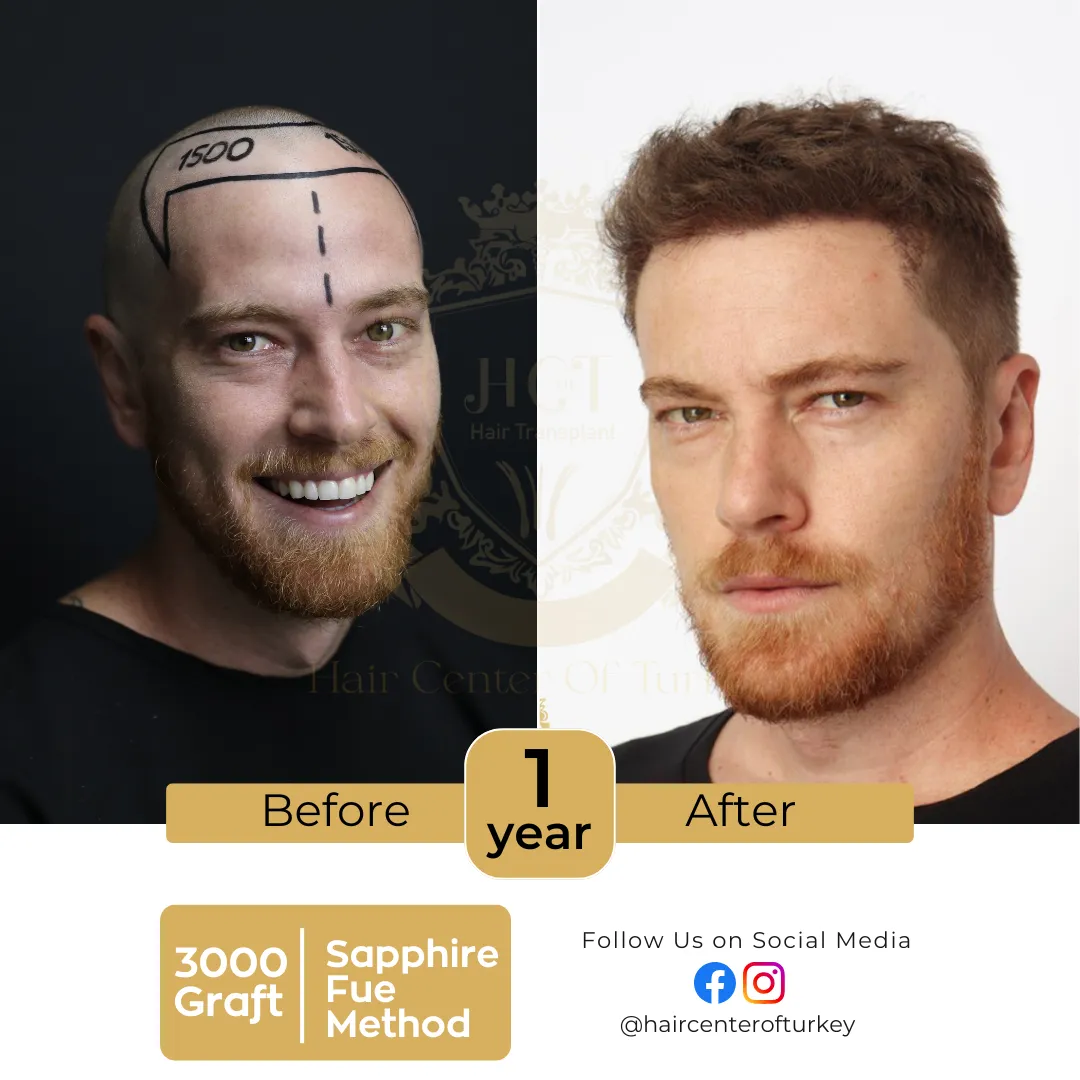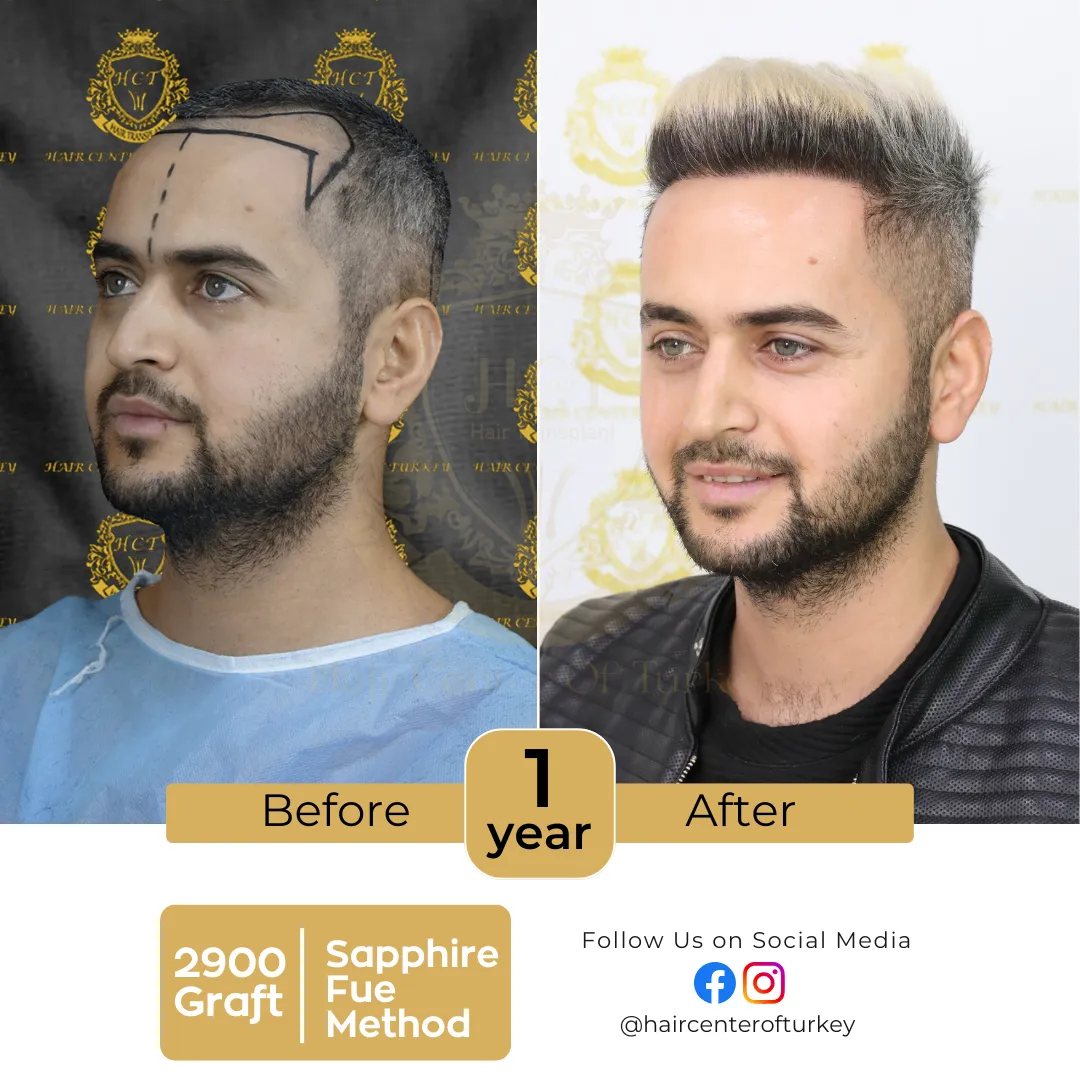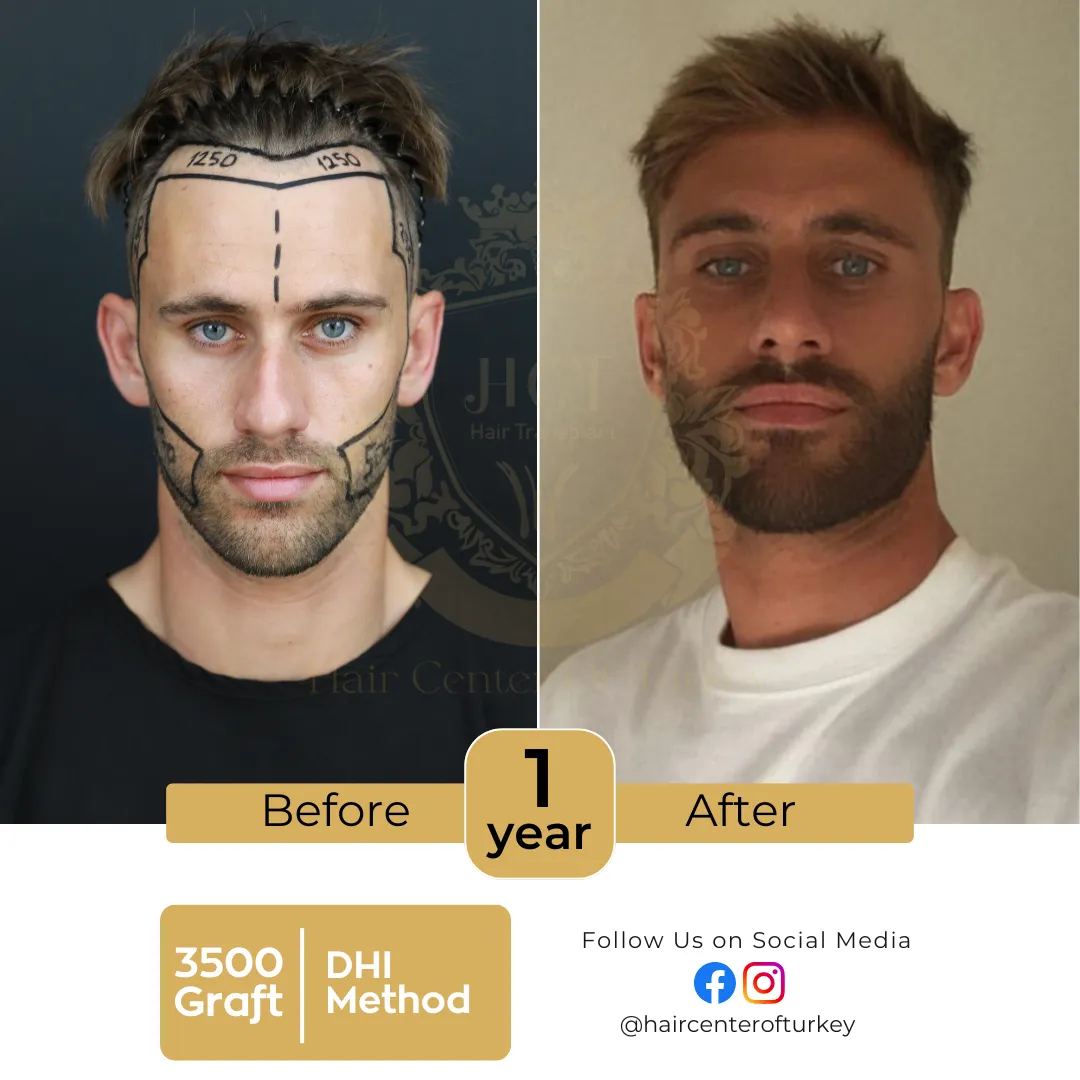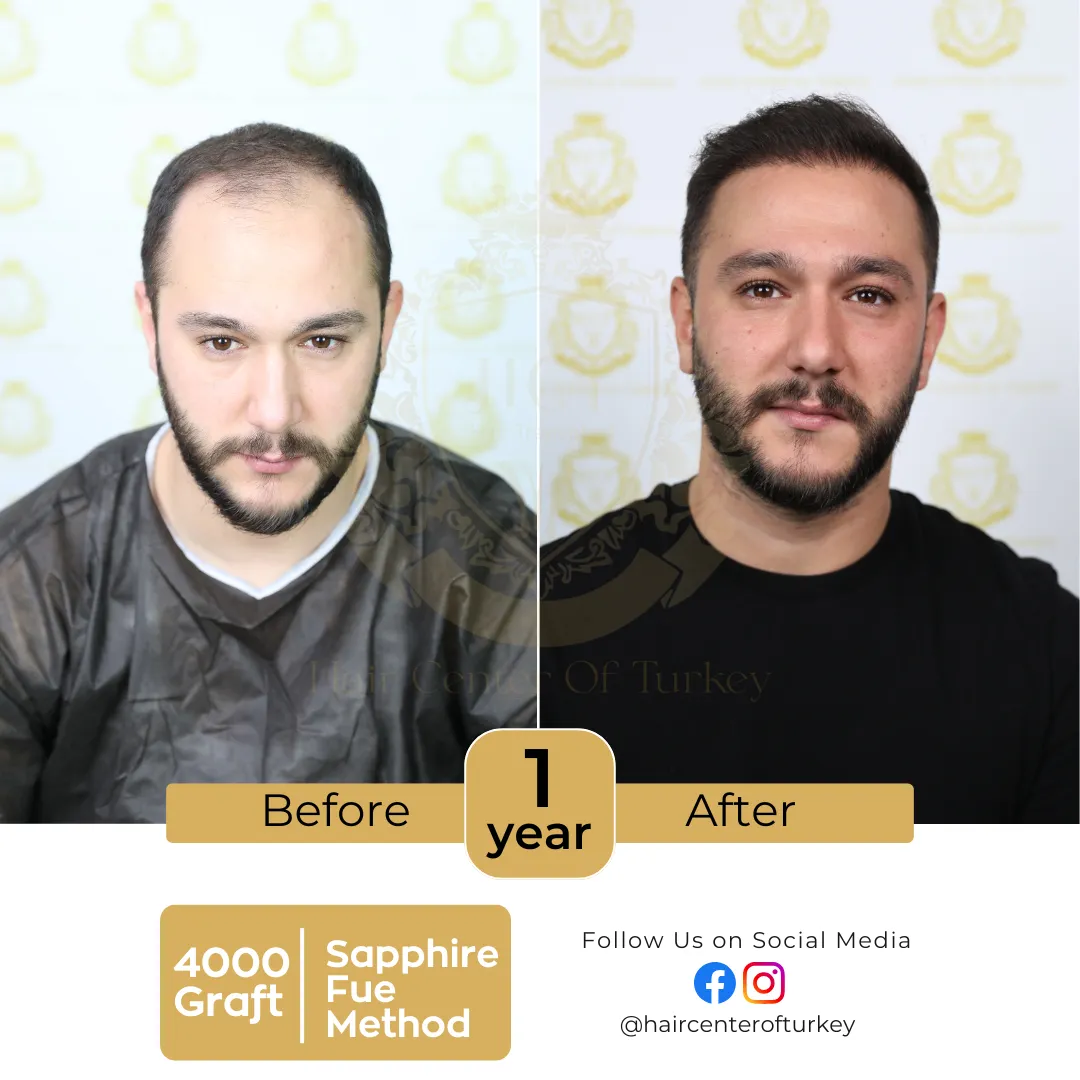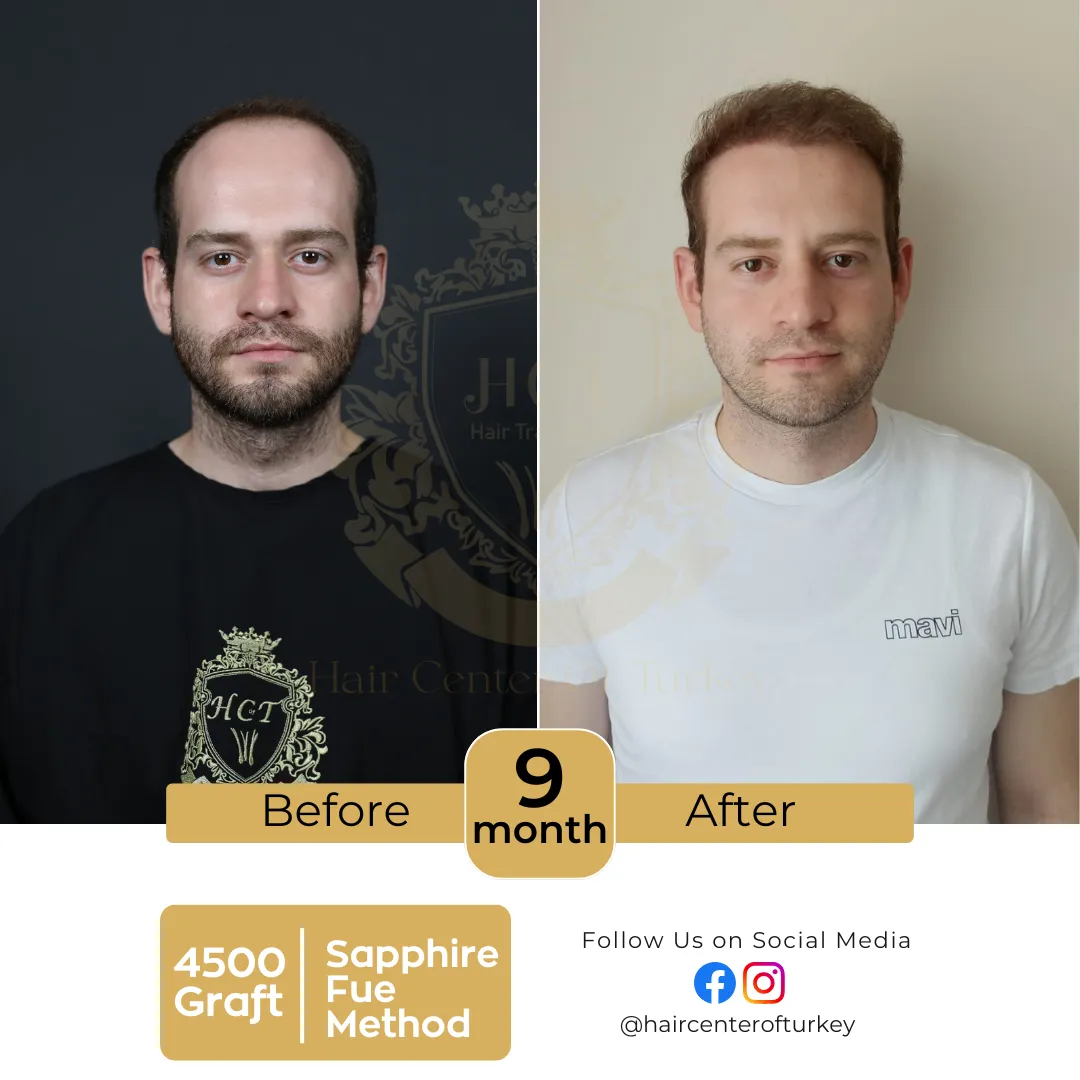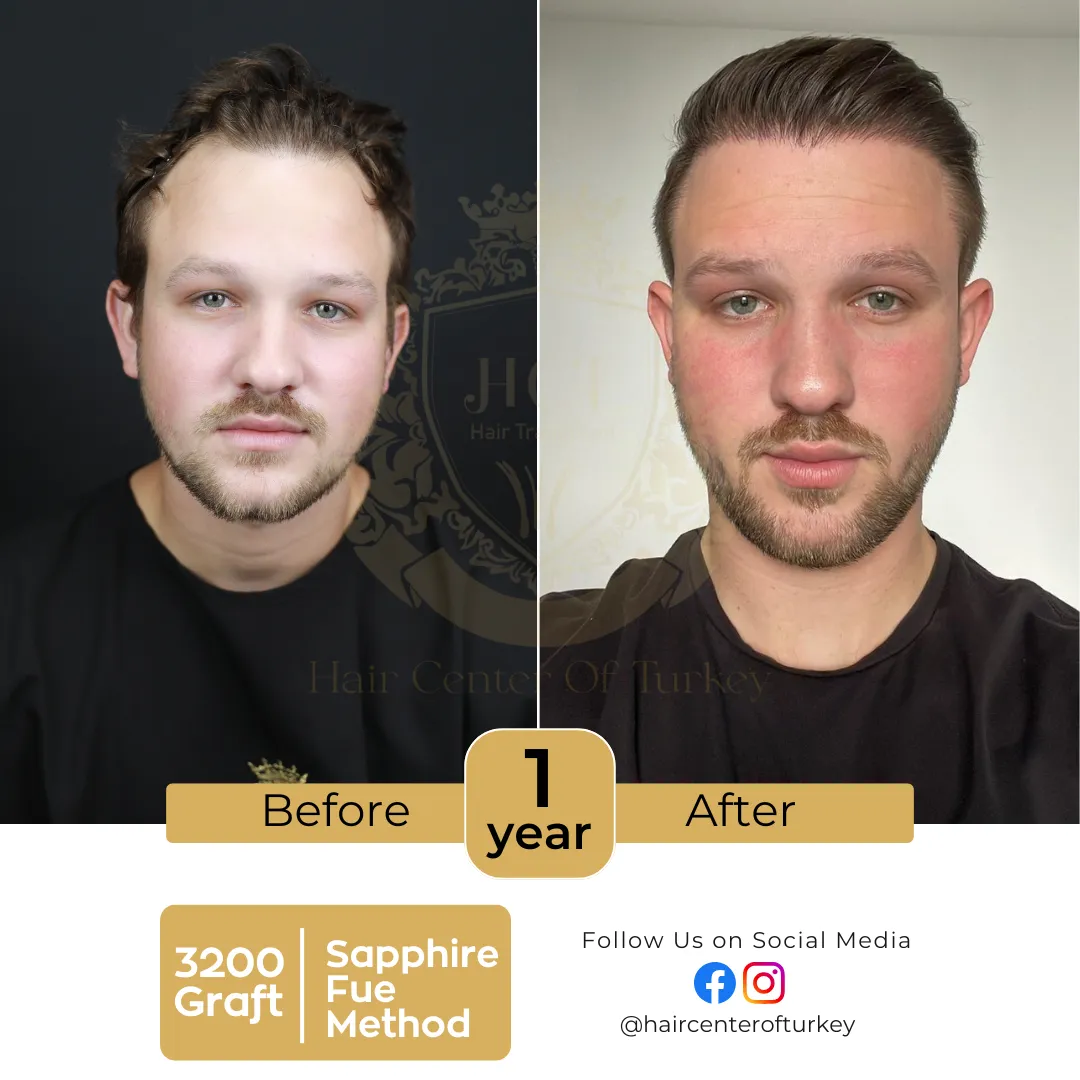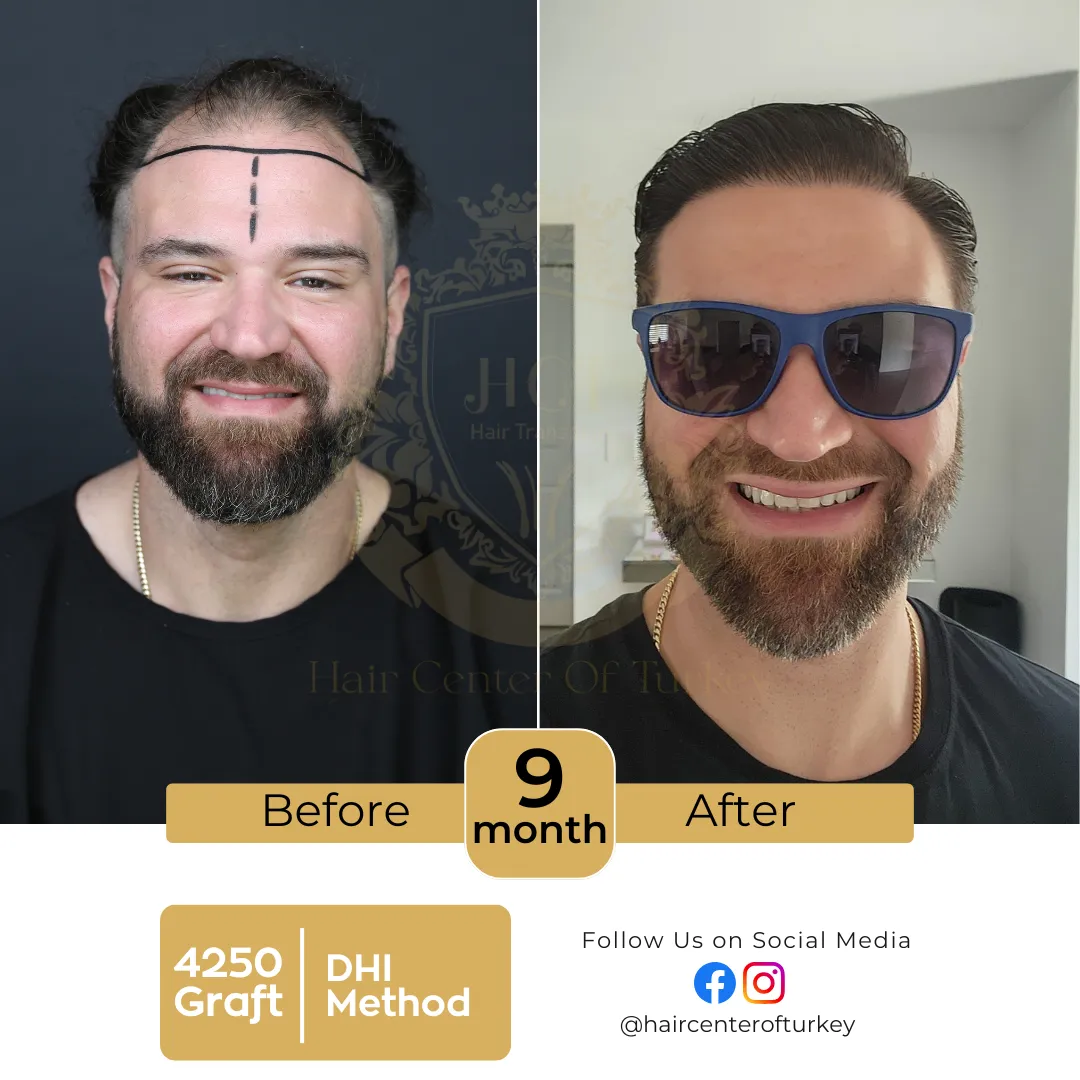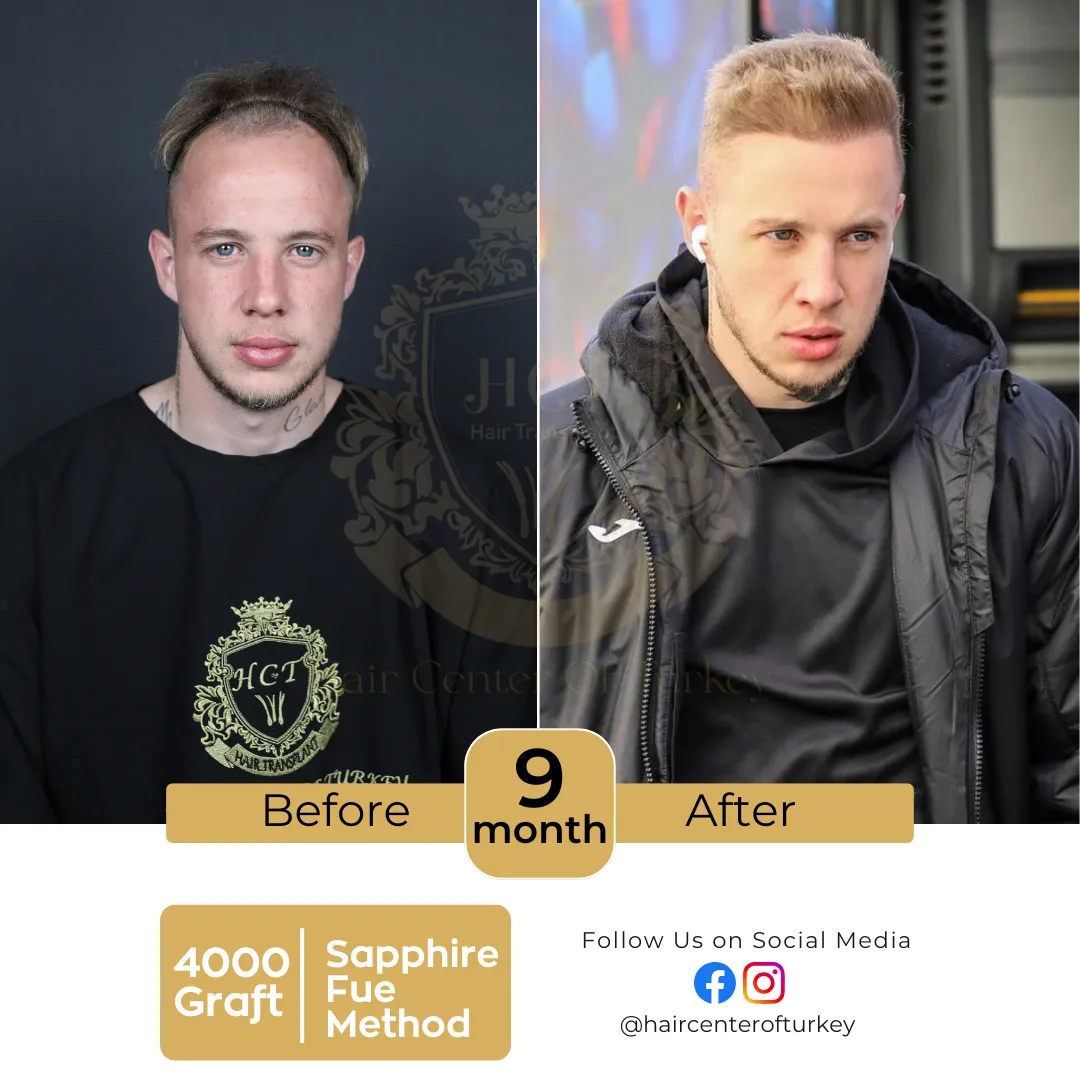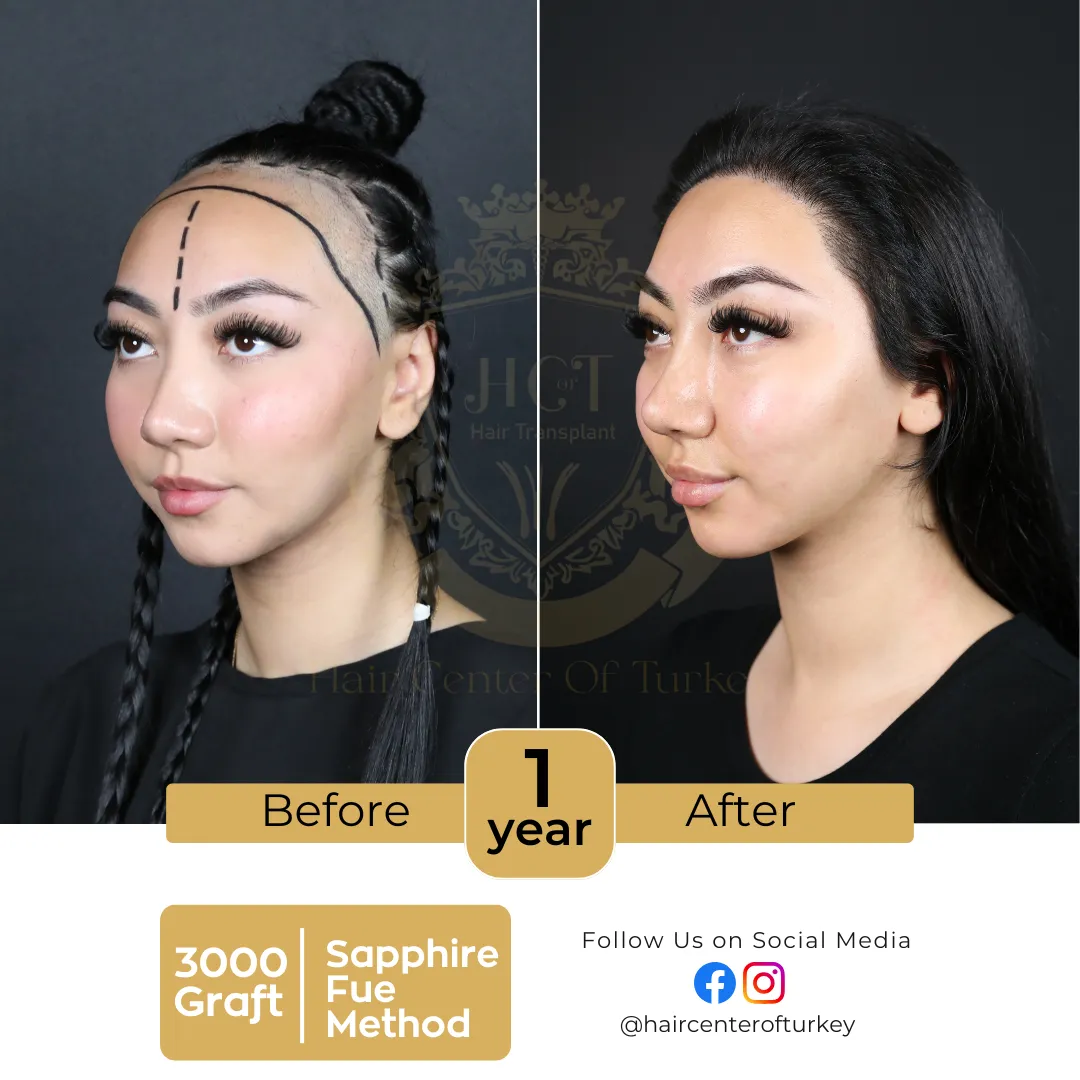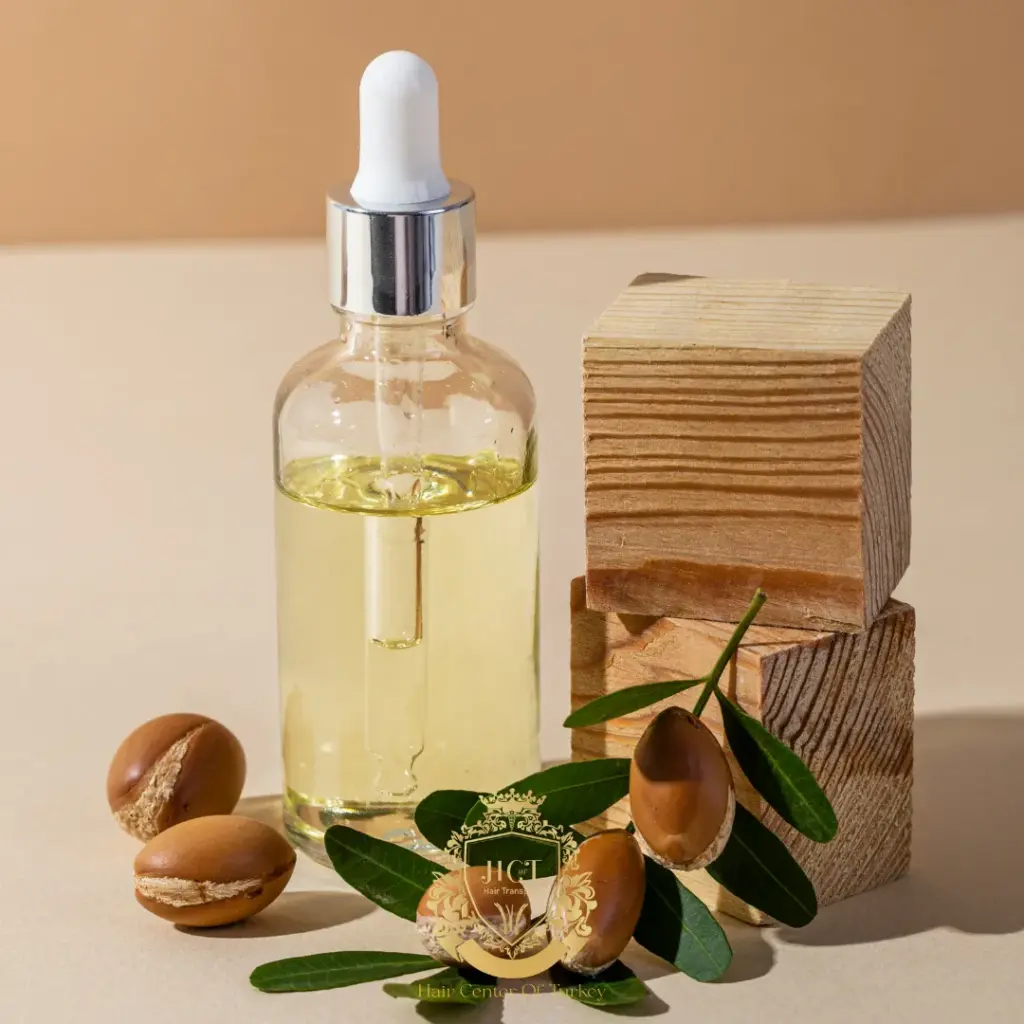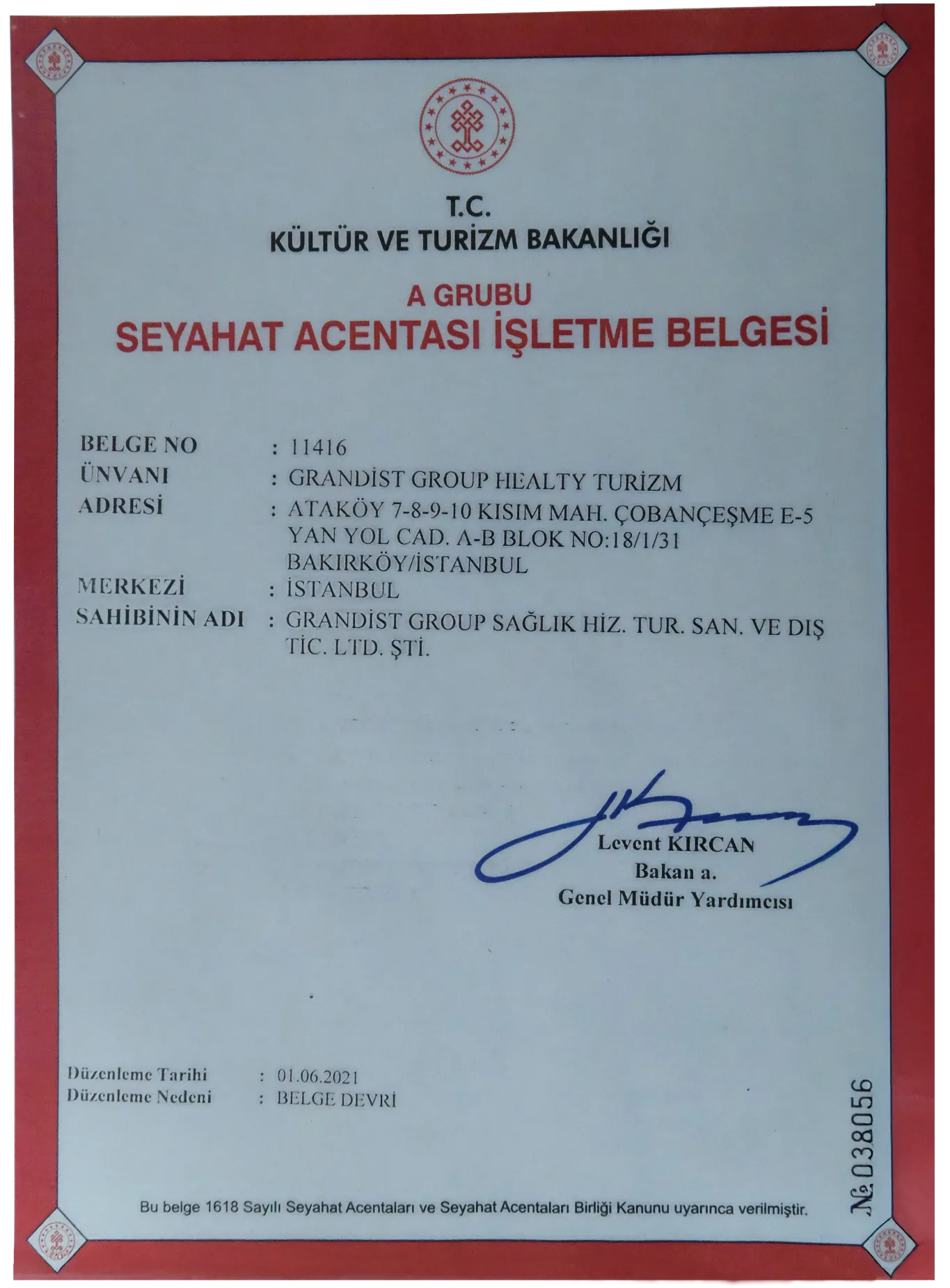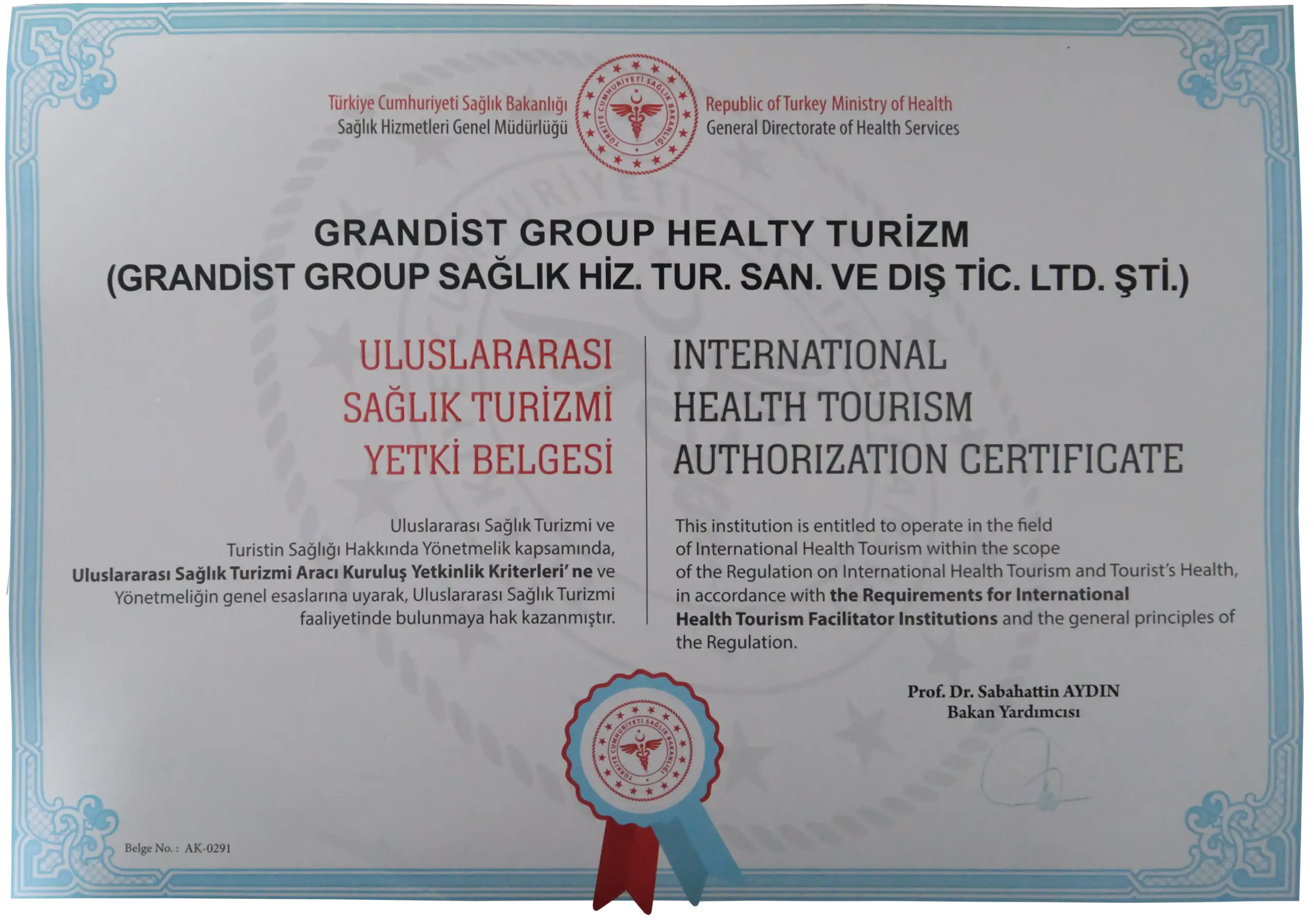Vitamin Deficiency Causing Hair Loss: Which Vitamin Deficiency Causes Hair Loss?
Healthy and vibrant hair provides an aesthetic appearance and increases personal self-confidence. However, problems such as hair loss and baldness are among the common cosmetic problems today. This can occur in both men and women. Fortunately, various solutions offered by modern medicine can be effective against these problems. In particular, methods that do not require surgical intervention are the first choice for those who want to improve hair health. Among these methods, specially formulated vitamin supplements stand out. Many people struggling with the problem of hair loss are looking for solutions by using vitamin supplements that nourish the hair. Continue reading our article to learn more about vitamins that support hair health and vitamin deficiency that causes hair loss.
Quality of life and environmental factors lie at the heart of a strong and healthy looking hair. Negative factors such as busy work schedule and life stress, poor eating habits, vitamin deficiencies, insufficient water consumption, smoking and alcohol use, irregular sleep patterns, air pollution and exposure of hair to excessive heat can deeply affect hair health. Therefore, it is important to consider these factors and take appropriate measures to prevent hair loss and maintain hair health.
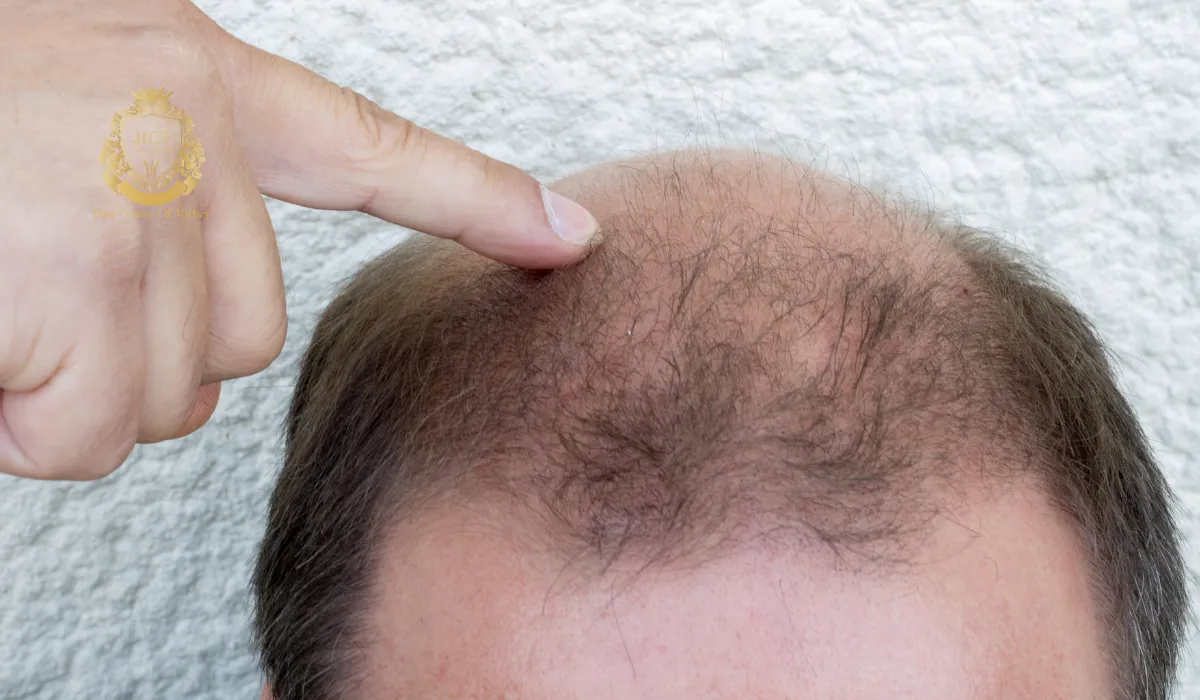
Which Vitamin Deficiency Causes Hair Loss?
Maintaining hair health and preventing hair loss is directly related not only to external care products, but also to internal eating habits. A busy lifestyle and irregular diet can lead to our body not getting enough of the vitamins it needs. This can lead to dullness, thinning and hair loss. Fortunately, there are various vitamin supplements available to prevent hair loss and restore healthy hair. Vitamins that support hair health also have positive effects on overall health. So, which vitamins are used for hair loss?
-Vitamin A helps to keep hair follicles healthy and regulate sebum production.
-Vitamin D plays an important role in fighting hair loss.
-Vitamin B plays a critical role in the energy production of hair follicles and contributes to hair strengthening.
-Vitamin E protects the scalp and improves circulation, making hair look vibrant and shiny.
–Zinc and iron deficiencies can also cause hair loss, so it is important to get enough of these minerals.
However, it is important to remember that an excess of vitamins can also have negative health effects. Before using vitamin supplements, it is best to consult a health professional to find out which vitamins are deficient. Blood tests and other examinations will help you determine which vitamins are deficient and your doctor can recommend appropriate supplements. Vitamins for hair can be found in tablet form or in hair care products.
With the right nutrition and vitamin support for your hair health, it is possible to have strong, healthy and vibrant hair. Using these vitamins regularly to reduce hair loss and improve overall hair health can provide positive results in the long term.
Vitamins for Hair Loss
Hair health is directly related to your overall body health, and the vitamins and minerals you get from food nourish your hair follicles and scalp, laying the foundation for strong and healthy hair. However, vitamin deficiencies due to various reasons can cause your hair to lose its healthy and vibrant appearance. Irregular nutrition and inadequate vitamin intake can be compensated by vitamin supplements taken with the approval of a doctor.
These supplements can help you achieve fuller and healthier hair by strengthening and thickening the hair.
Vitamin A
Vitamin A contributes to the development of cells in the body and strengthens the immune system thanks to its antioxidant effect. It helps nourish the hair follicles and scalp and maintains the moisture balance of the hair. Vitamin A deficiency can cause itchy scalp and dandruff. However, excessive intake of vitamin A can lead to toxicity in the liver. Foods containing vitamin A include vegetables, eggs and dairy products and should be consumed in appropriate amounts.
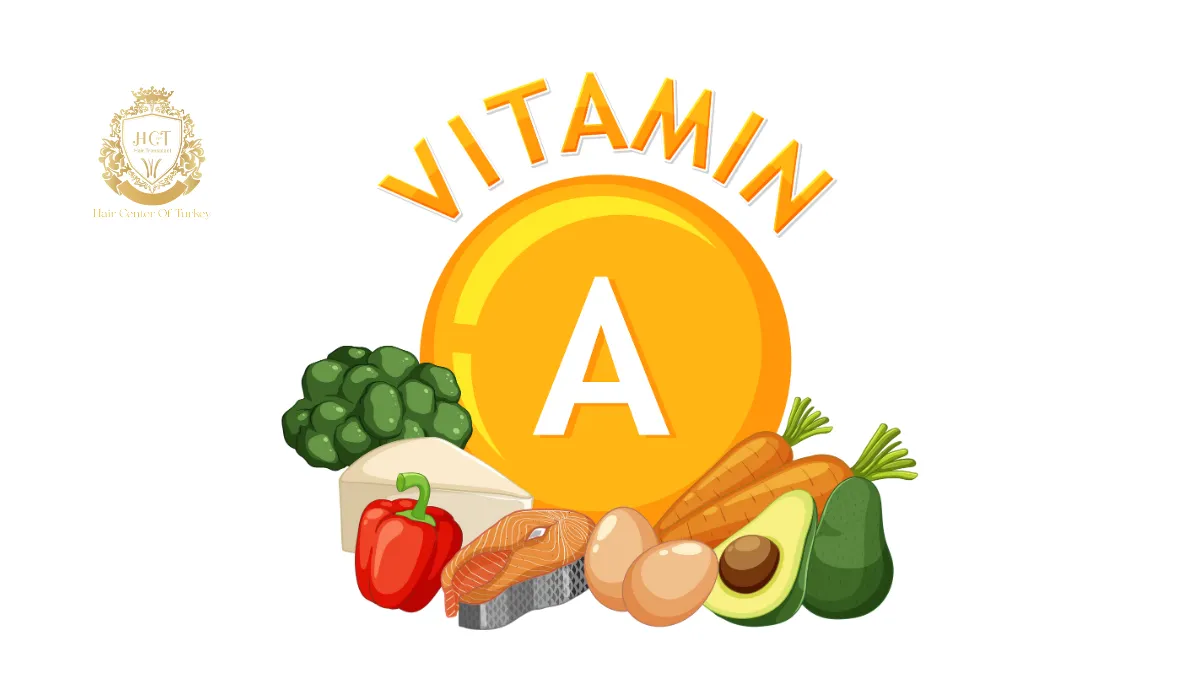
Vitamin B3
Niacin protects the health of the scalp by supporting the body’s blood circulation and energy production. Vitamin B3 deficiency can cause hair weakness and lifelessness. A healthy blood flow in the scalp improves hair health by increasing the nutrition of hair follicles.
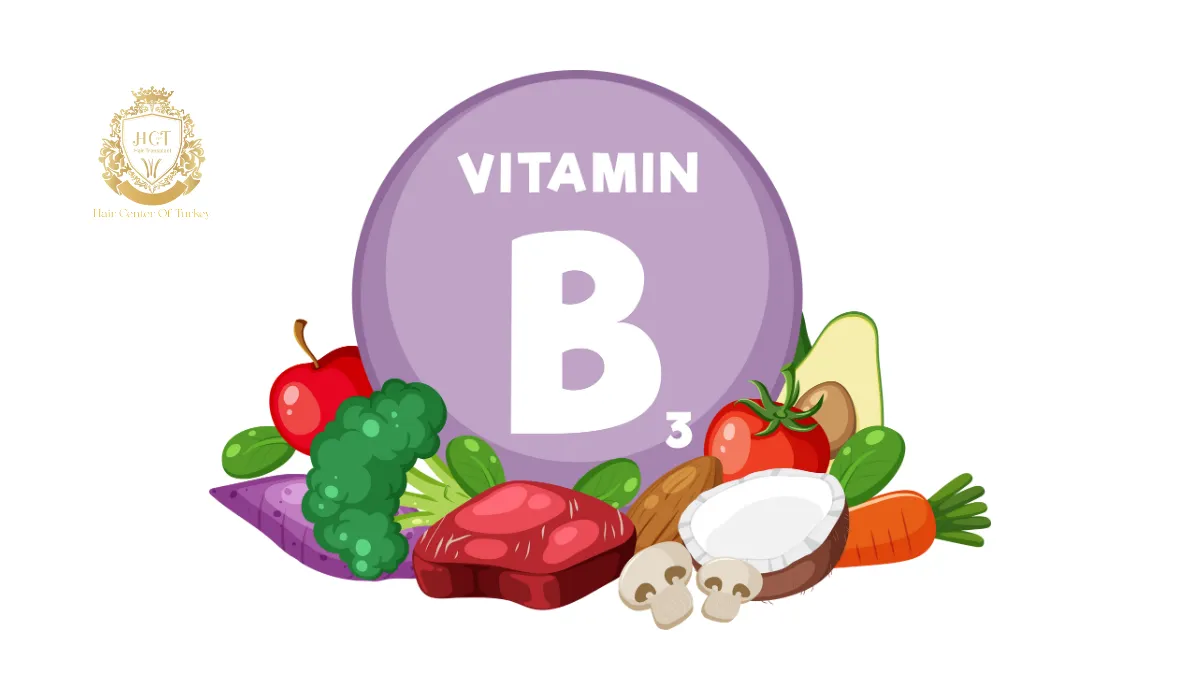
Vitamin B5
Vitamin B5 is involved in the conversion of fats, carbohydrates and proteins into energy. It also strengthens the skin barrier, moisturizes the scalp and gives hair a natural shine. Pantothenic acid deficiency can lead to hair loss and affect the healthy appearance of hair.
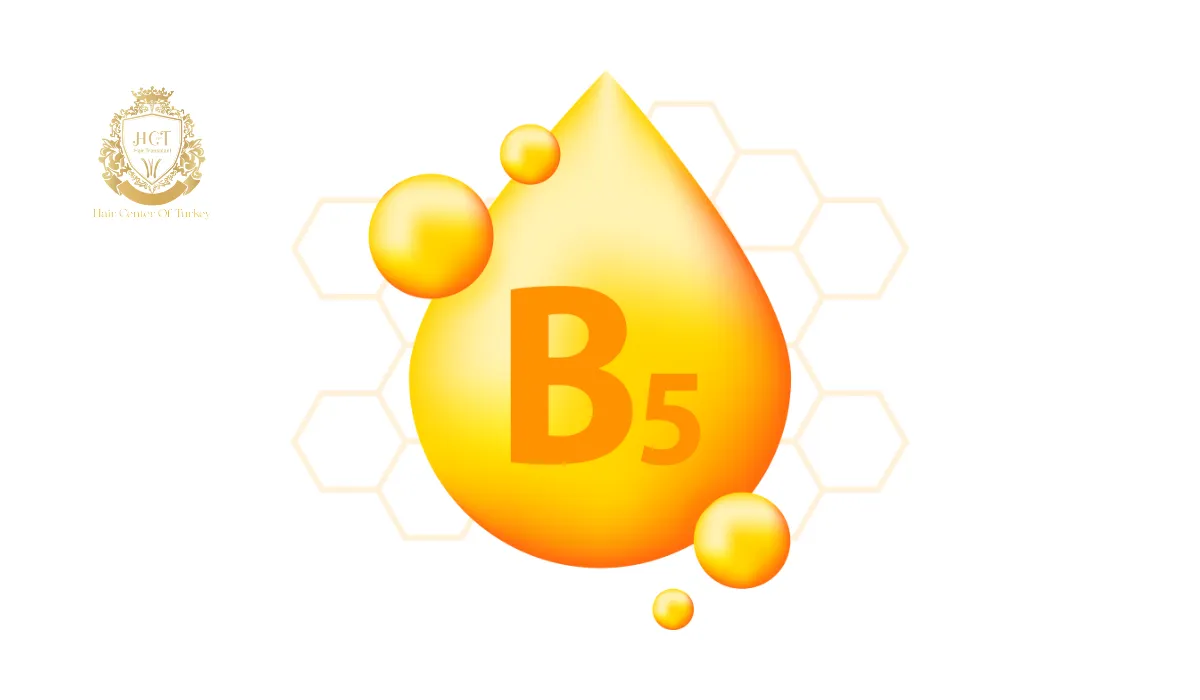
Vitamin B6
Vitamin B6 helps strengthen hair by speeding up the regeneration process of scalp cells. Adequate vitamin B6 intake makes hair look healthier and stronger.
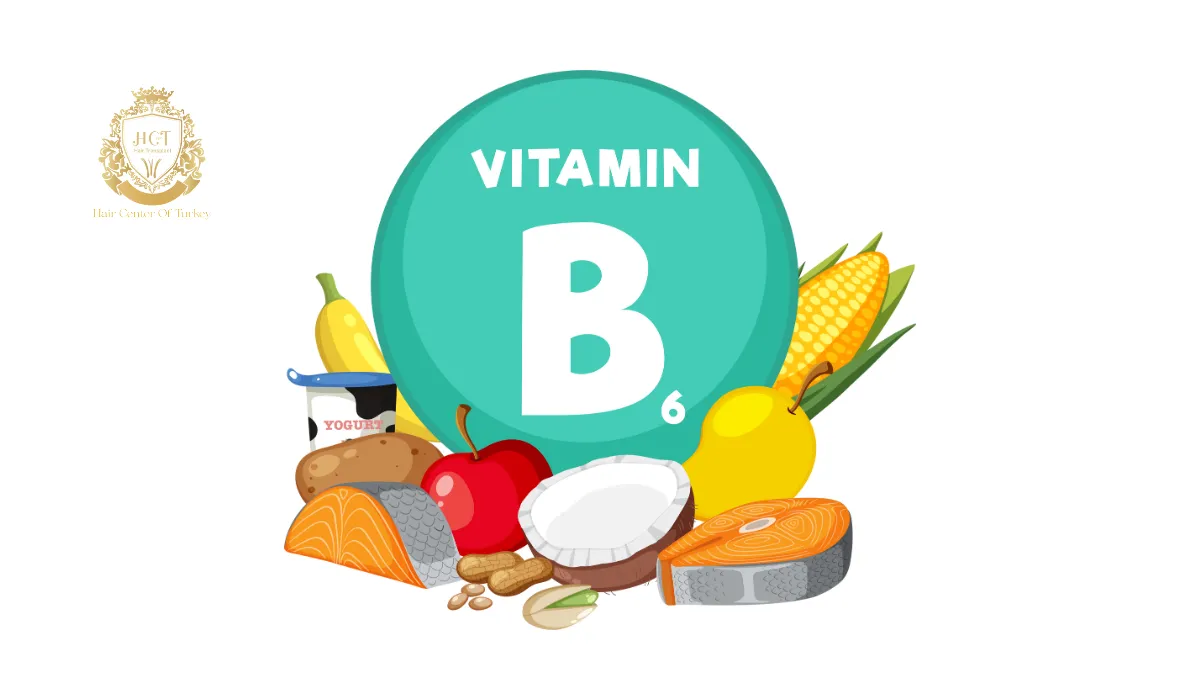
Vitamin B7
Biotin contributes to the strengthening of the scalp and reduces hair breakage and lifelessness. Vitamin B7 deficiency can cause rapid graying of hair and hair loss. Biotin deficiency can also lead to nail and skin problems. Foods rich in biotin include rice, eggs, red meat, vegetables and fruits.
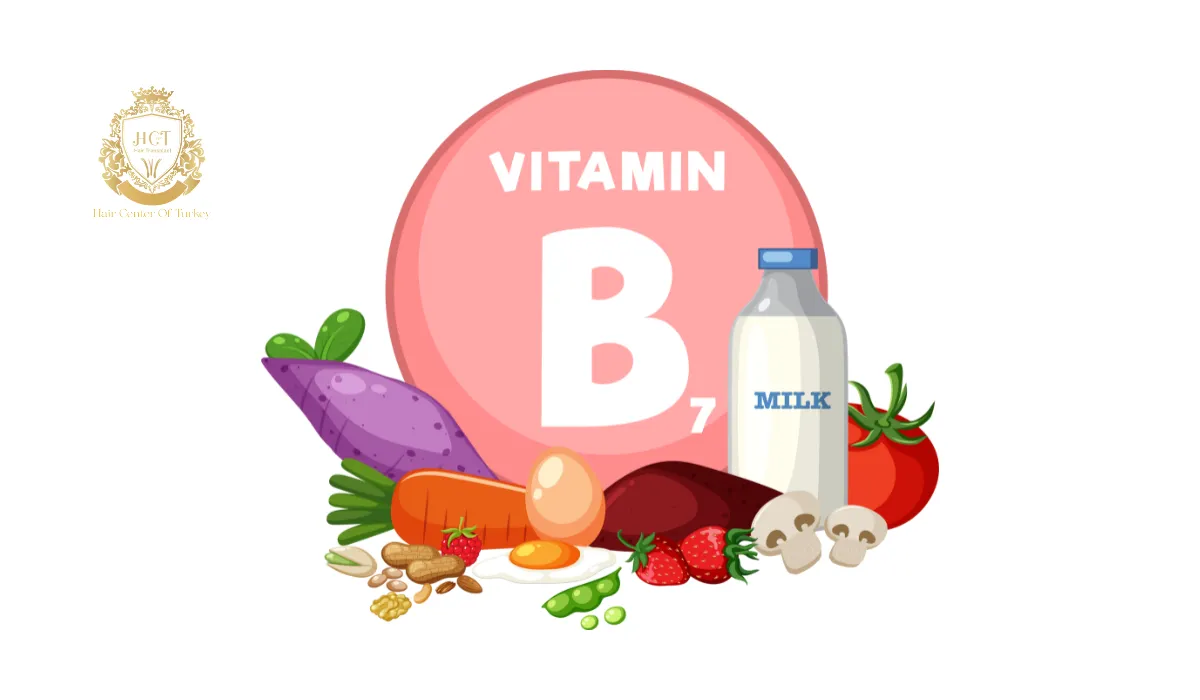
Vitamin B9
Vitamin B9, also known as folate, contributes to the production of new cells in the body and the proliferation of blood cells. It supports healthy hair growth and helps prevent hair breakage. In cases such as alopecia (hair loss), vitamin B9 can be effective in the treatment process.
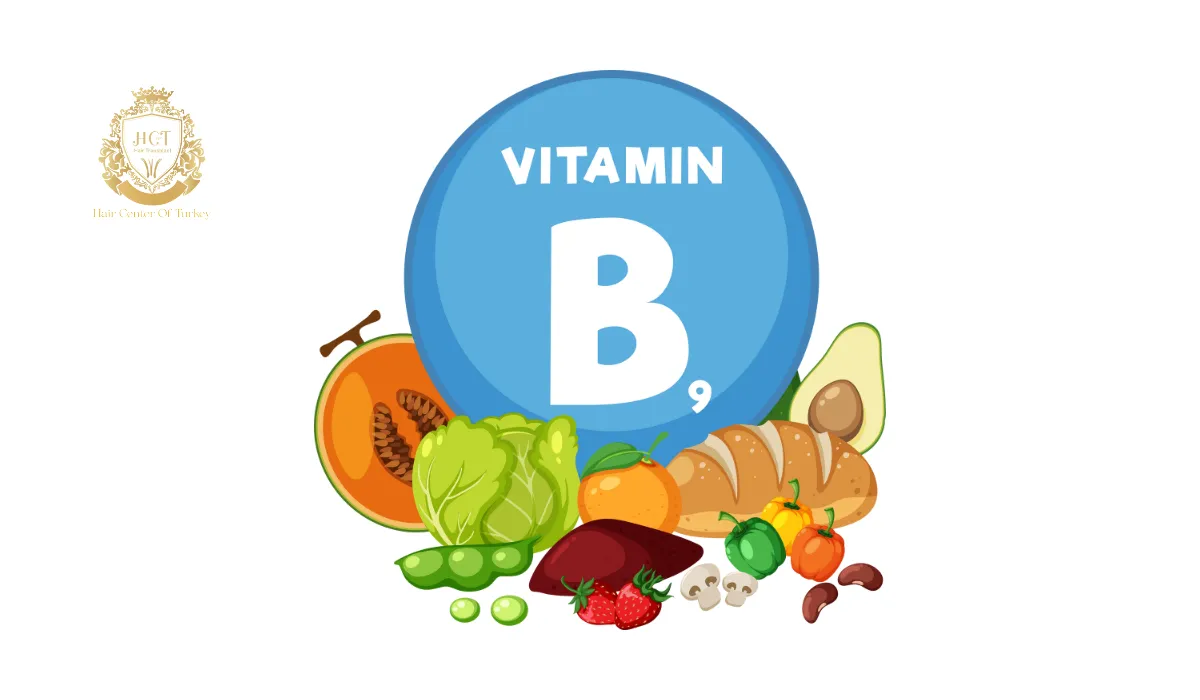
Vitamin B12
Vitamin B12 is responsible for transporting oxygen to tissues and helps strengthen hair by increasing iron absorption. It has positive effects on reducing hair loss and plays an important role in maintaining hair health.
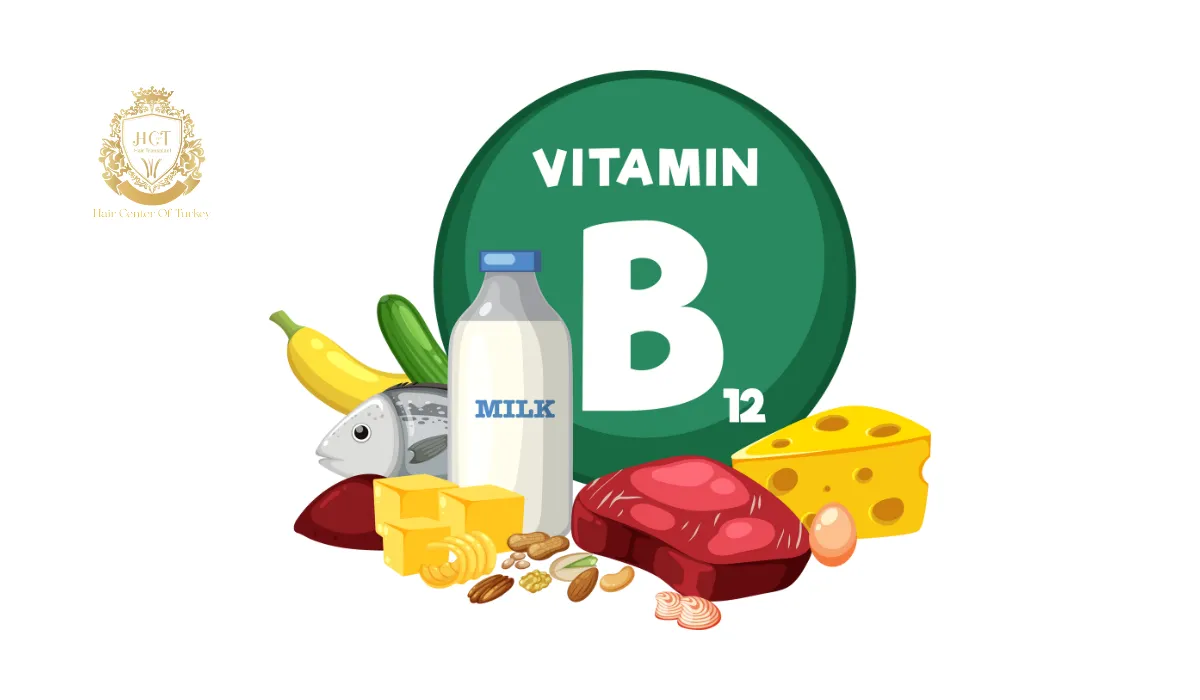
Vitamin C
Water-soluble vitamin C promotes collagen production in the body and neutralizes the harmful effects of free radicals as a powerful antioxidant. It is also essential for the absorption of iron from the intestines, which contributes to supporting hair health.
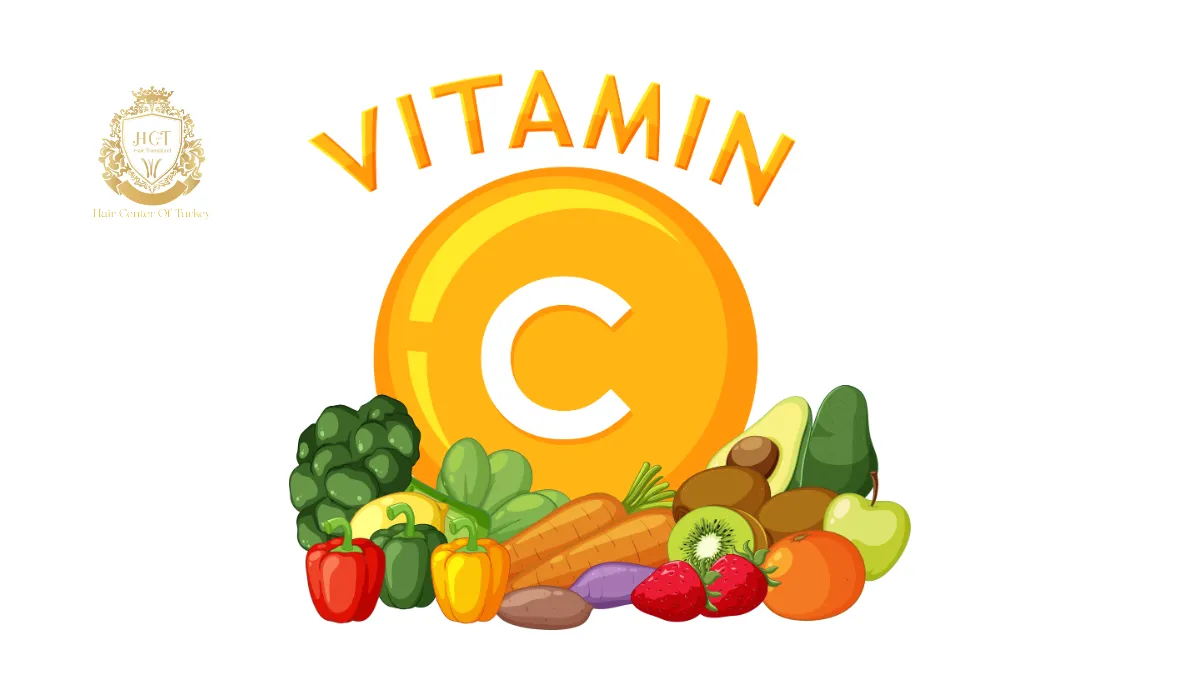
Vitamin D
Vitamin D, which is synthesized through the skin via sunlight, may be deficient in people who spend long hours indoors or do not get enough sunlight. Vitamin D deficiency can cause hair loss and affect other systems in the body. It can also be associated with conditions such as high blood pressure, heart disease, digestive disorders and depression. Fish, avocados, nuts, eggs and milk are foods rich in vitamin D.
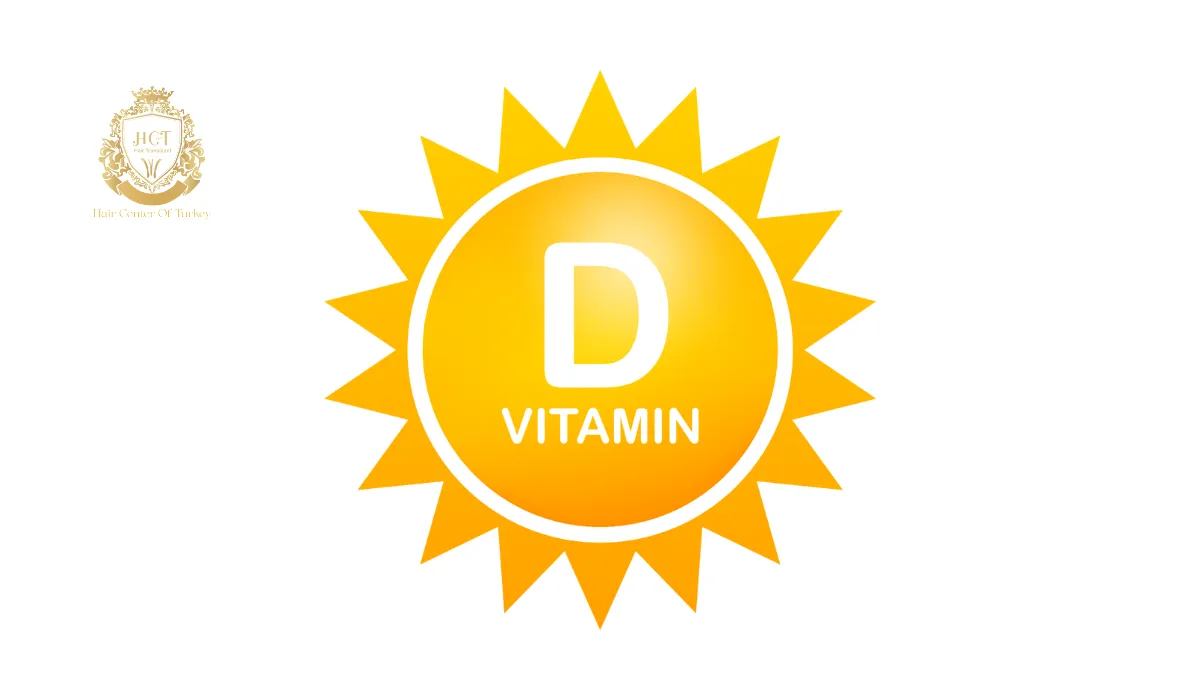
Vitamin E
Vitamin E has an important role in hair and skin care. It supports cell regeneration and strengthens the defense mechanism that protects the body against free radicals. It provides moisture support to the hair and increases its healthy growth and shine. Foods containing vitamin E include green vegetables, sunflower seeds, peanuts and spinach. Fat-soluble vitamin E may be more effective when taken with fatty foods.

Zinc
Zinc plays an important role in repairing hair tissue and strengthening hair follicles. It regulates oil production in the hair and strengthens the immune system by accelerating wound healing. Zinc deficiency usually becomes more common with age, and low zinc levels can cause delayed wound healing and taste and sensory disturbances. Zinc is found in animal protein sources, beans, grains and legumes.
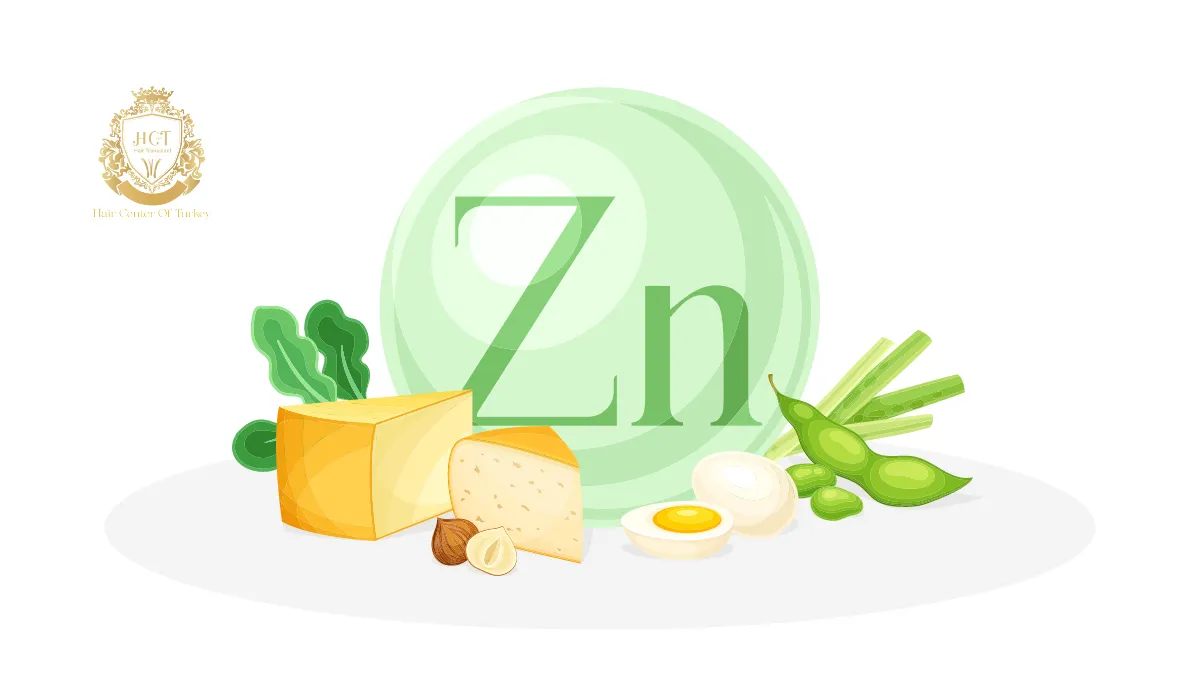
Iron
Iron is a mineral stored in the body and a deficiency can lead to hair loss and respiratory problems. Iron deficiency can manifest itself in symptoms such as fatigue, shortness of breath and pale skin. In addition, iron deficiency can be effective in the occurrence of hair loss types such as androgenic alopecia (female pattern hair loss). Iron-rich foods include red meat, white meat and legumes.
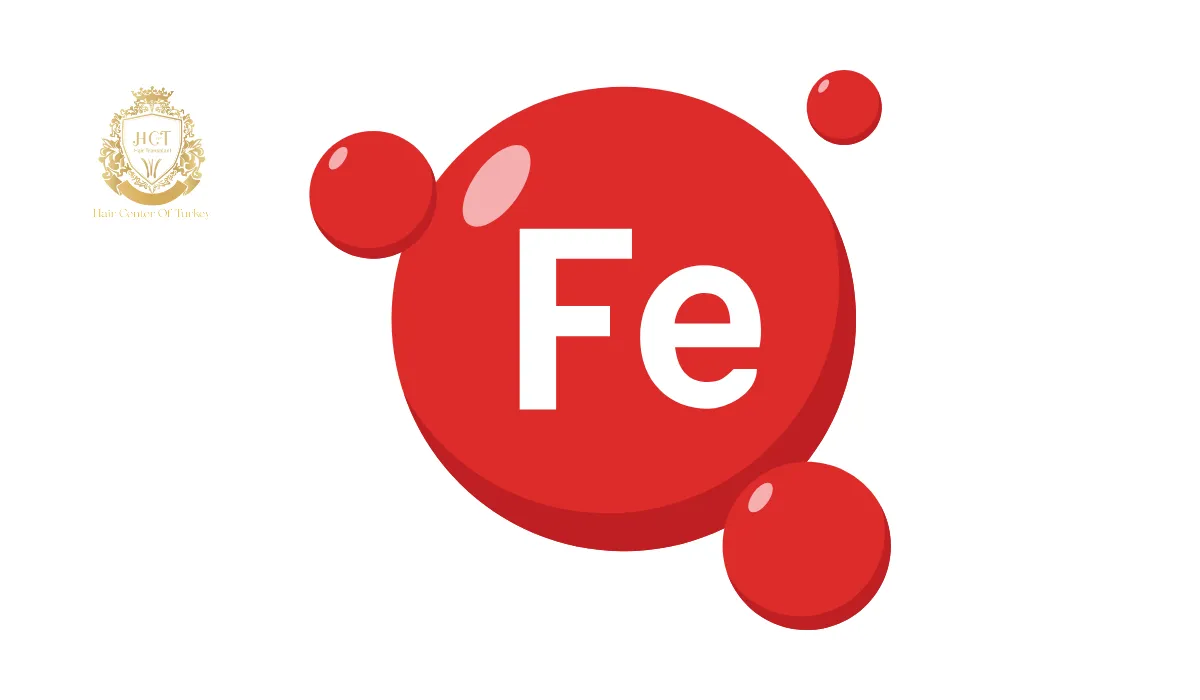
Selenium
Selenium is an important mineral in maintaining the health of the scalp and preventing dandruff. Meat, chocolate and fish are foods rich in selenium. This mineral helps keep the scalp healthy and promotes a healthier looking hair.
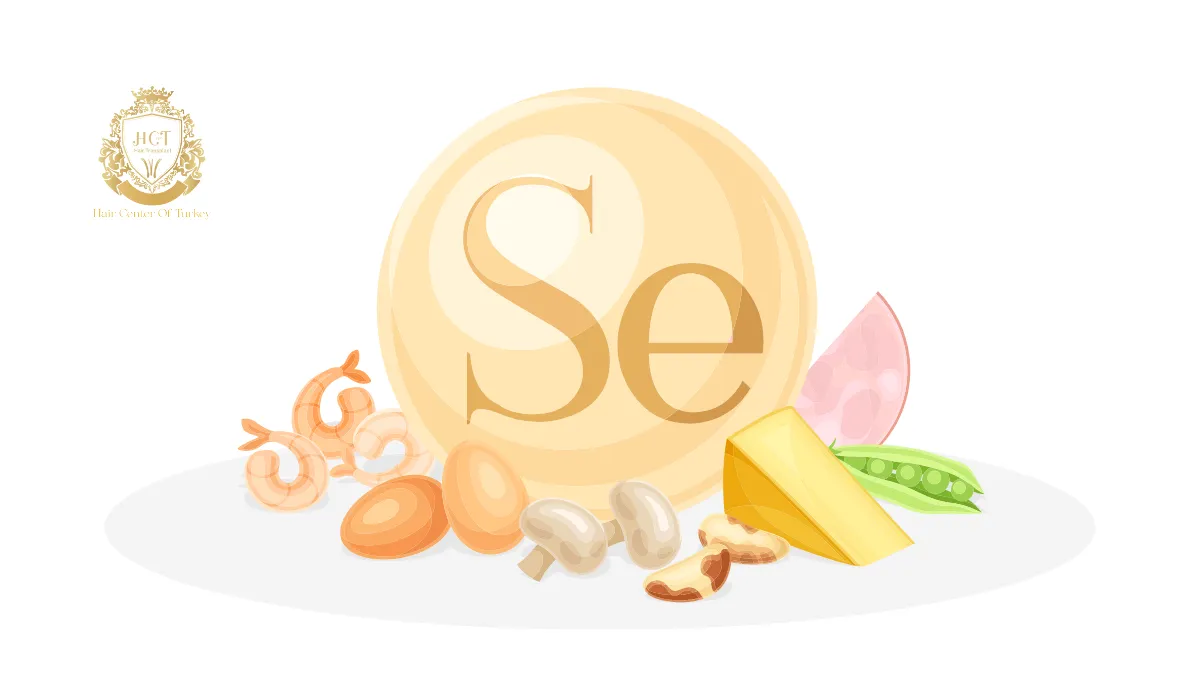
L-Cysteine
L-Cysteine is an amino acid that strengthens the bonds between the hair fiber and hair follicles. It improves the health of hair and nails by promoting keratin production. It helps to strengthen hair and prevent breakage.
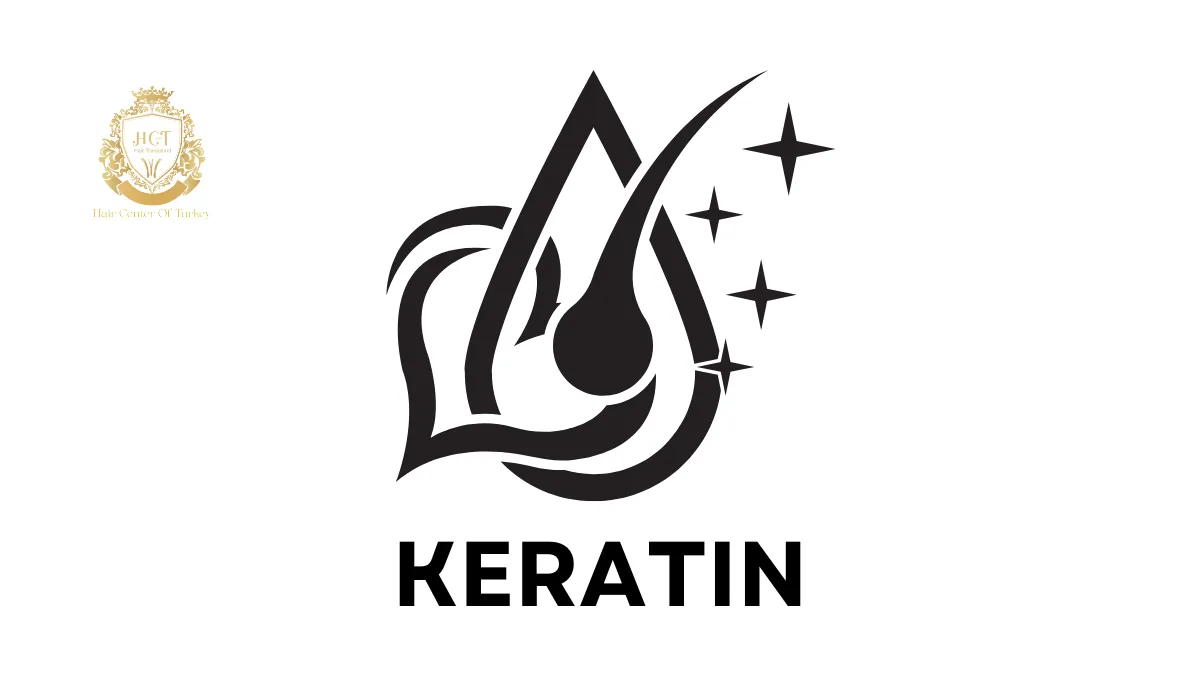
L-Lysine
L-Lysine is an amino acid essential for collagen production. It also supports calcium absorption and helps hair grow in a healthy way. Adequate intake of this amino acid contributes to hair strengthening and healthy hair growth.
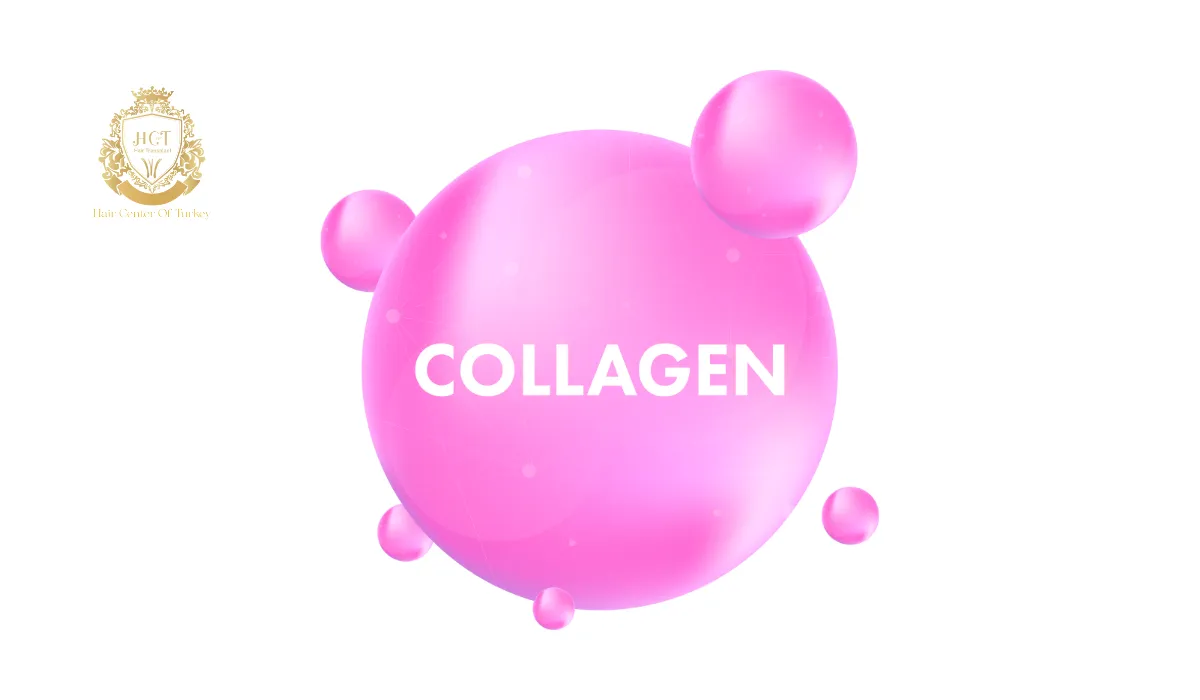
Vitamins Good for Hair
Hair loss is a health problem that can usually be treated successfully when intervened in a timely manner. However, it may not always be the best approach for individuals experiencing hair loss to first apply to hair transplant centers. The cause of hair loss can sometimes be a simple vitamin deficiency and this can be corrected with vitamins that are good for hair.
Understanding the causes of hair loss is the key to creating an effective treatment plan. The question “Which vitamin deficiency causes hair loss?” may require a clear answer. Because many vitamins in our body have important effects on hair health. The main vitamins that affect hair health are as follows:
-Vitamin A: Protects the health of the hair follicles and provides the moisture balance of the scalp.
-Vitamin C: Increases collagen production and helps hair become stronger and healthier.
-Vitamin E: Promotes healthy hair growth by increasing circulation in the scalp.
-Group B Vitamins: Helps strengthen hair follicles and reduce hair loss.
It may be possible for individuals with hair loss to regain healthy hair with vitamin supplements. However, a doctor’s examination is necessary to determine whether hair loss is caused solely by vitamin deficiency. Before vitamin supplementation, it is important to determine the missing vitamins and the required amounts.
If the hair does not regain a healthy structure with vitamin supplements and hair loss continues, hair transplantation methods can be used. Before considering hair transplantation treatment, a doctor’s examination should first be performed and the appropriate treatment option should be determined as a result of the necessary examinations.
F.A.Q. (Frequently Asked Questions)

